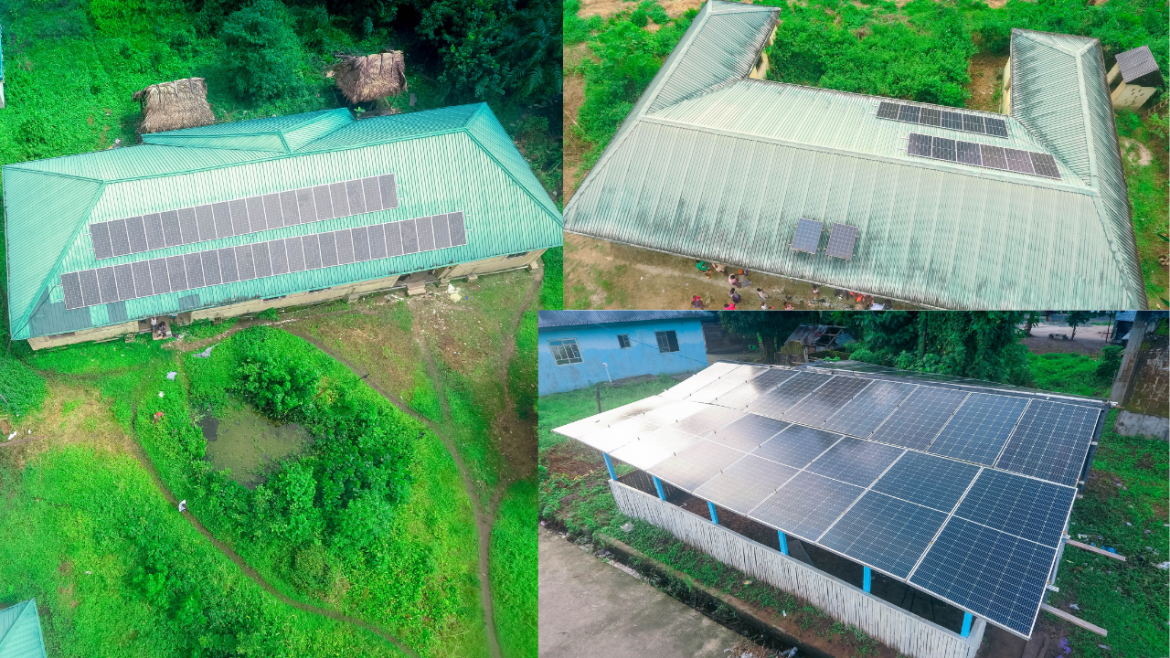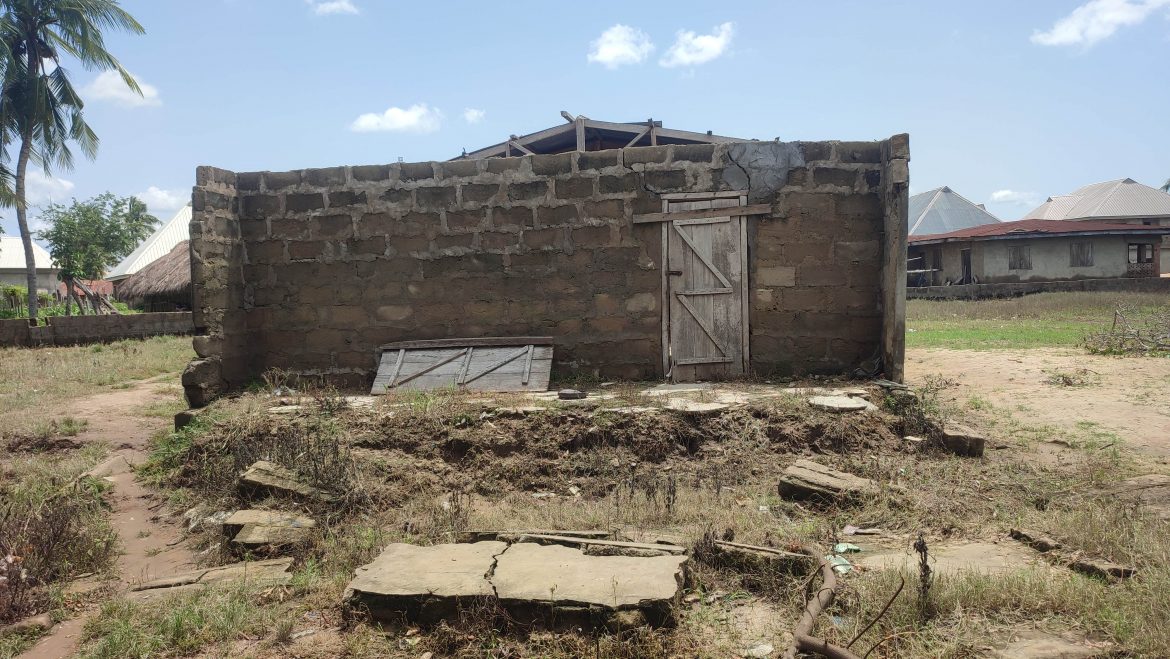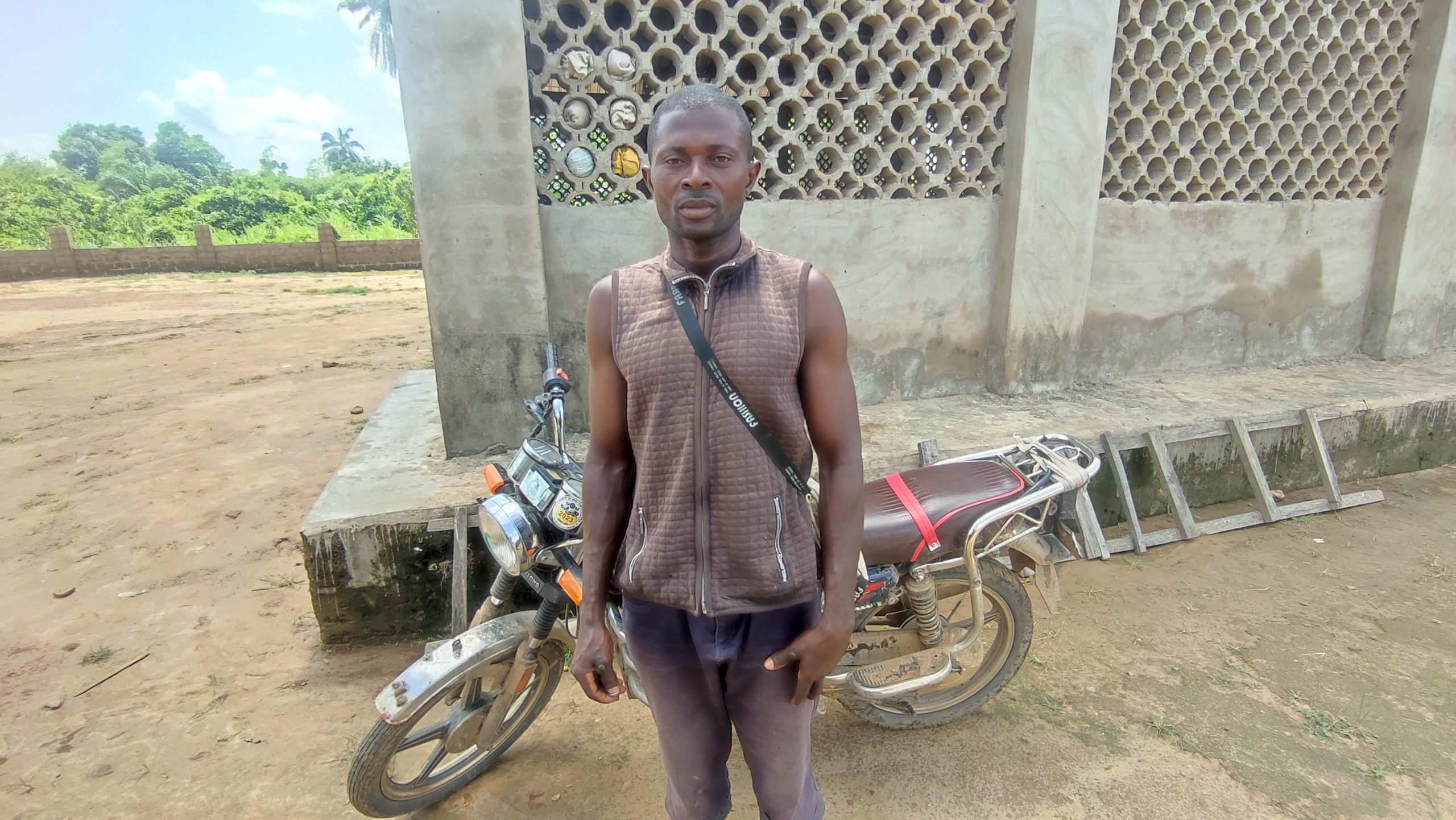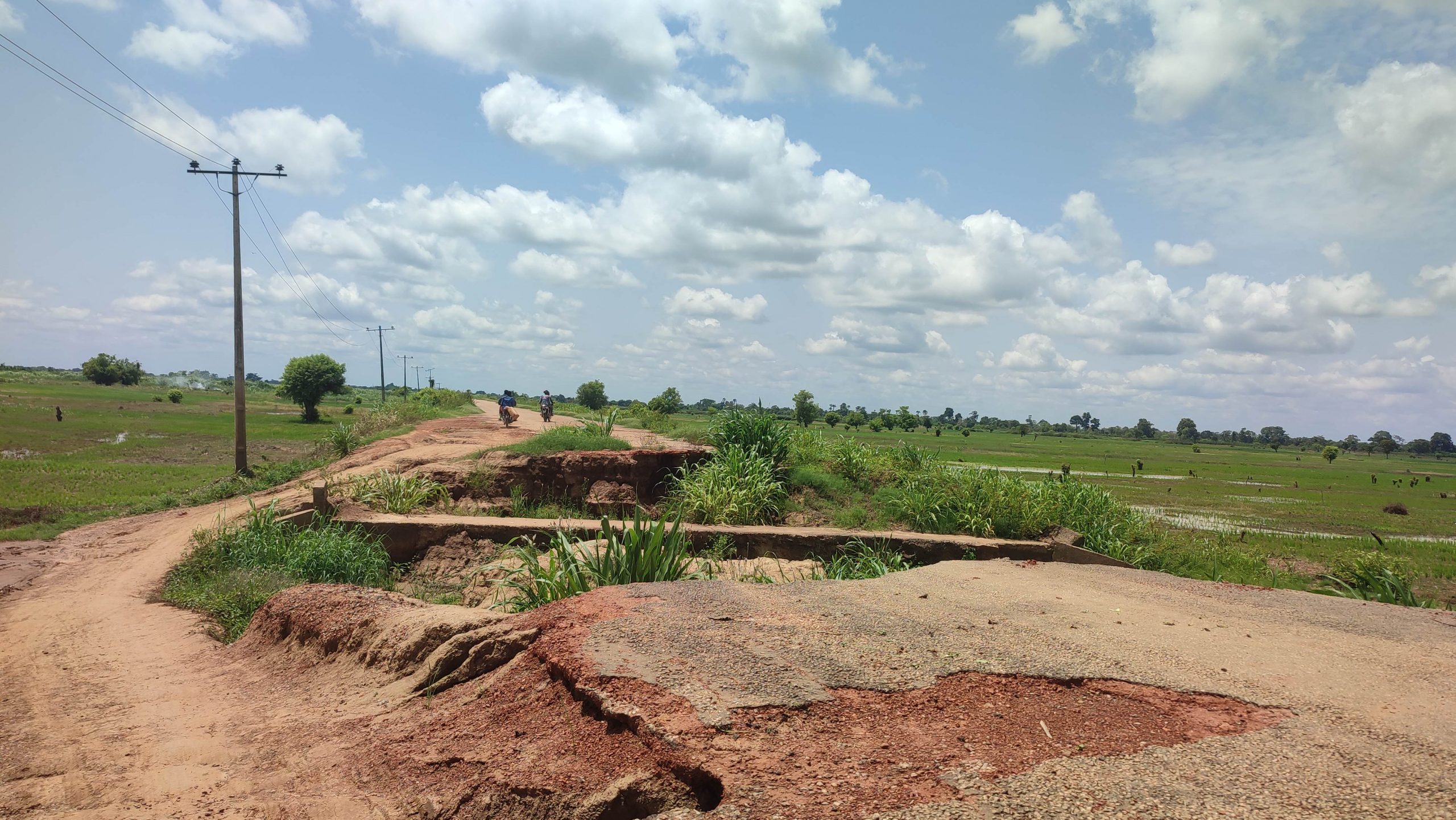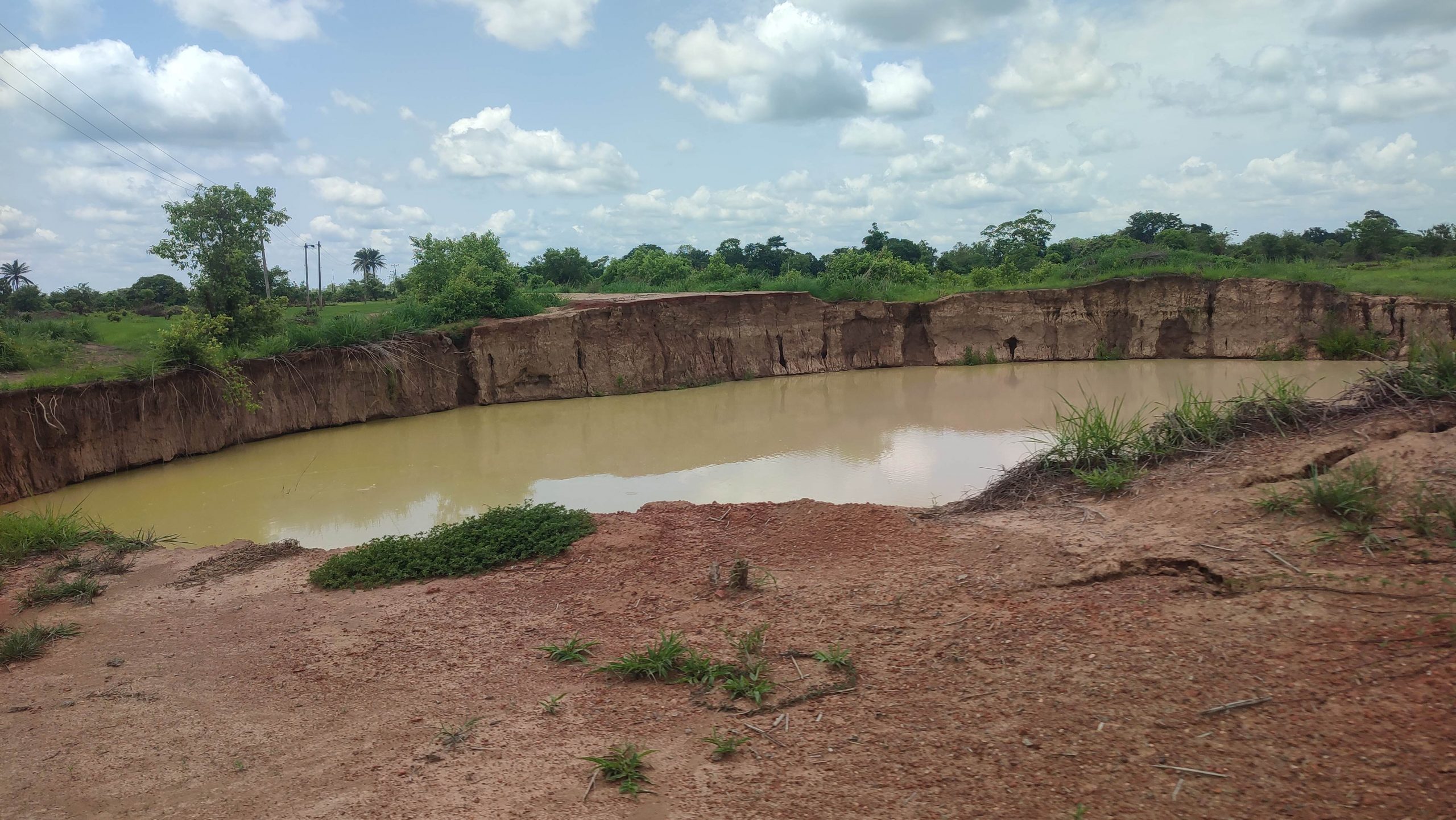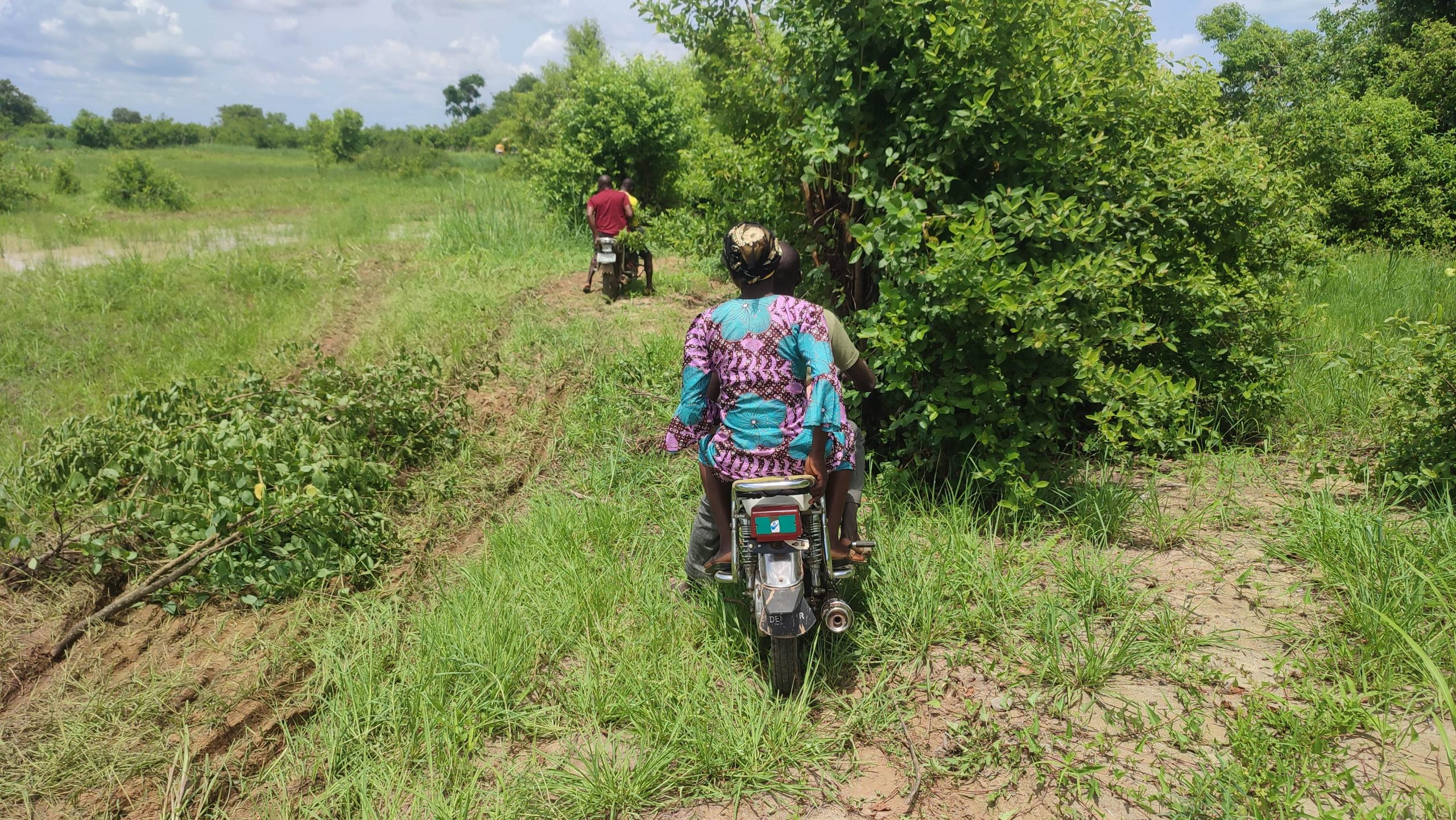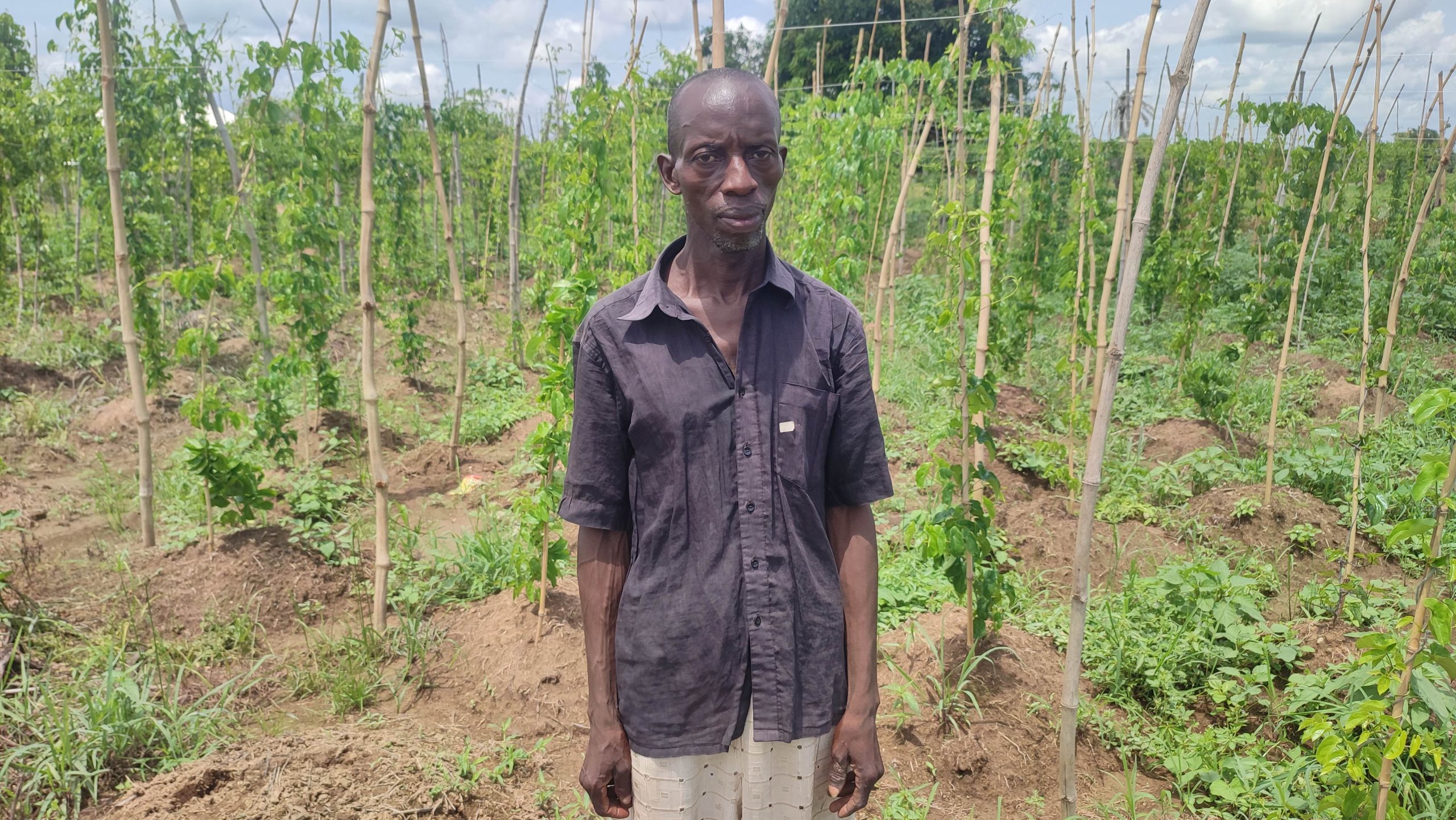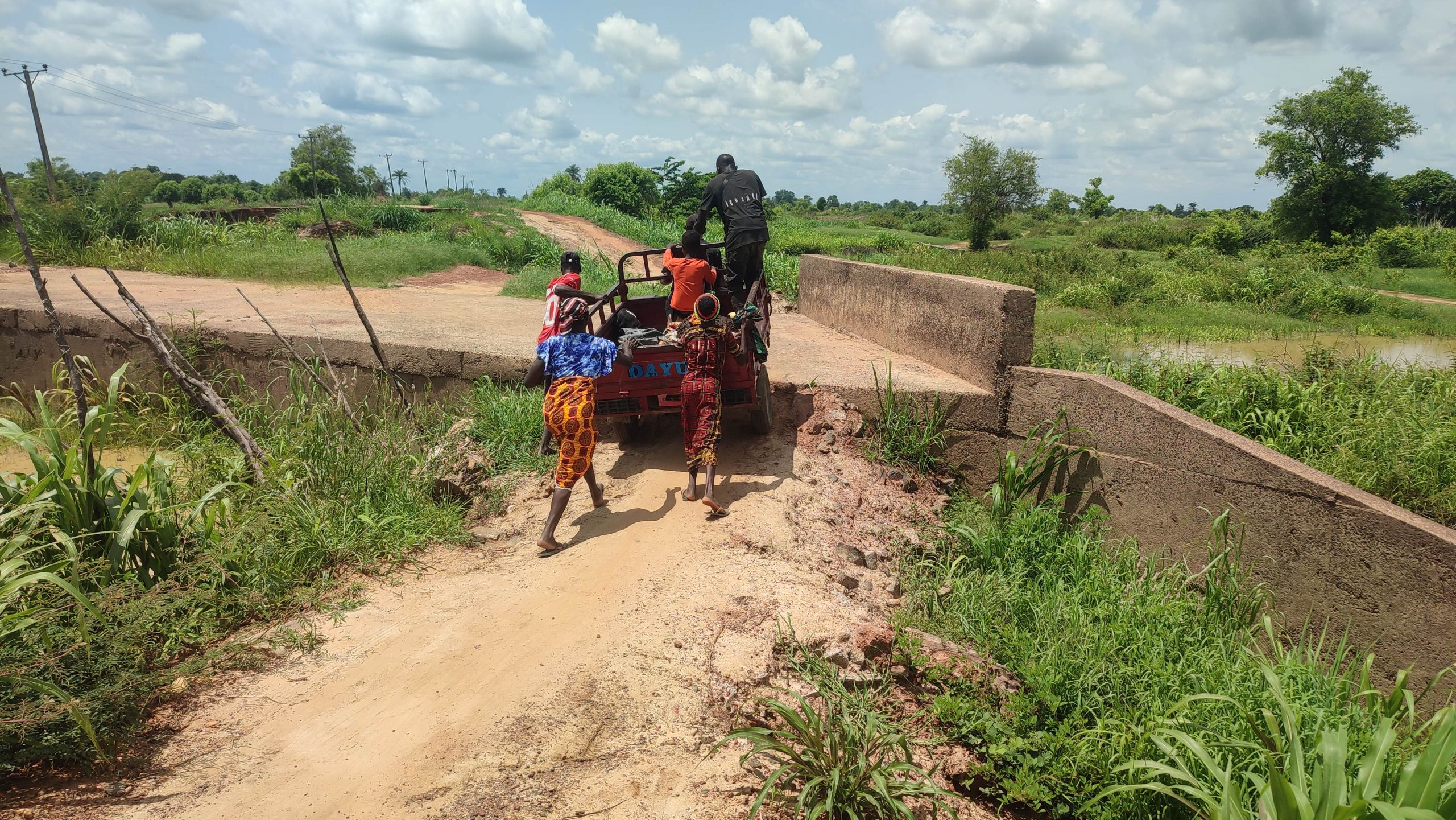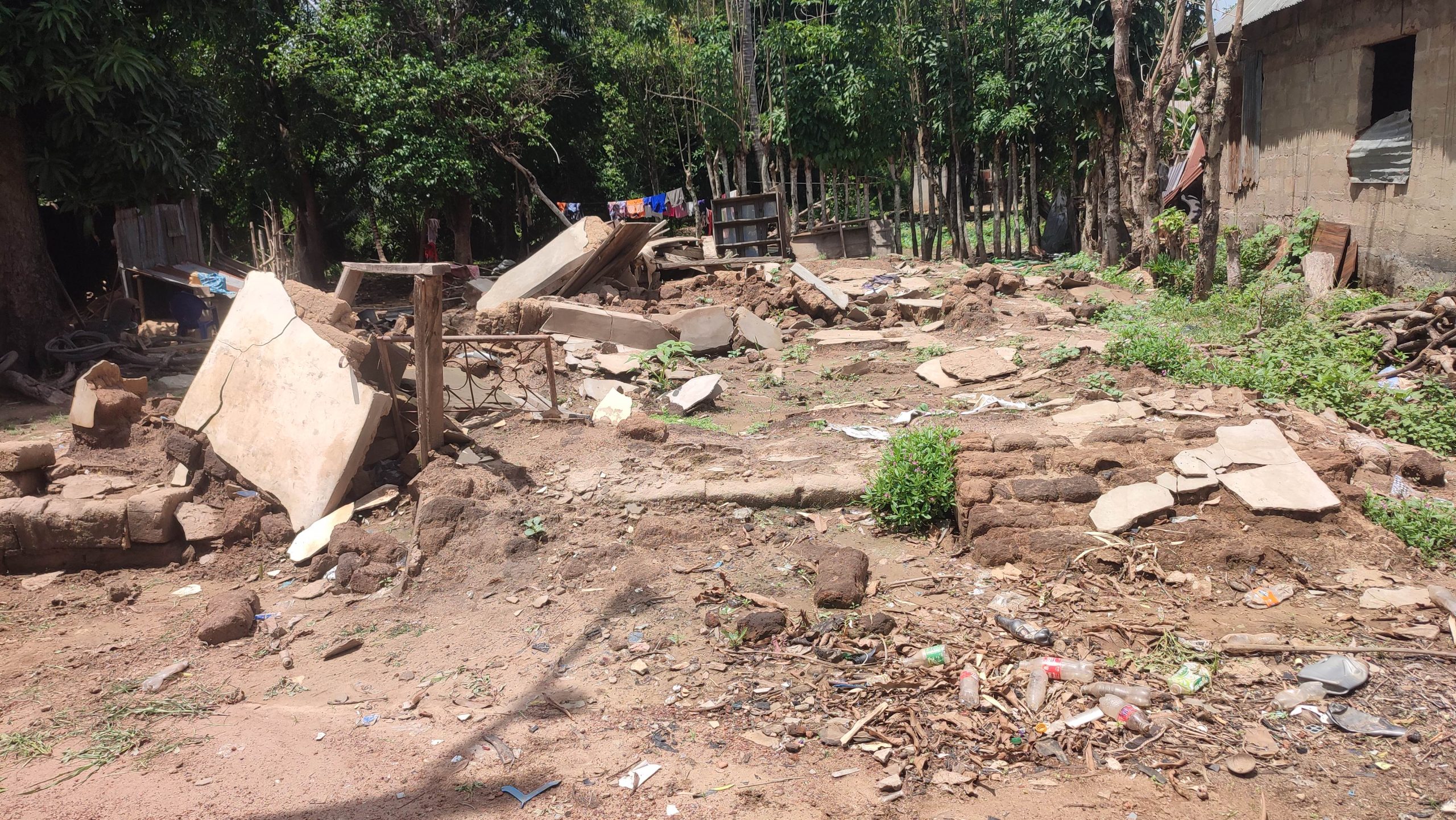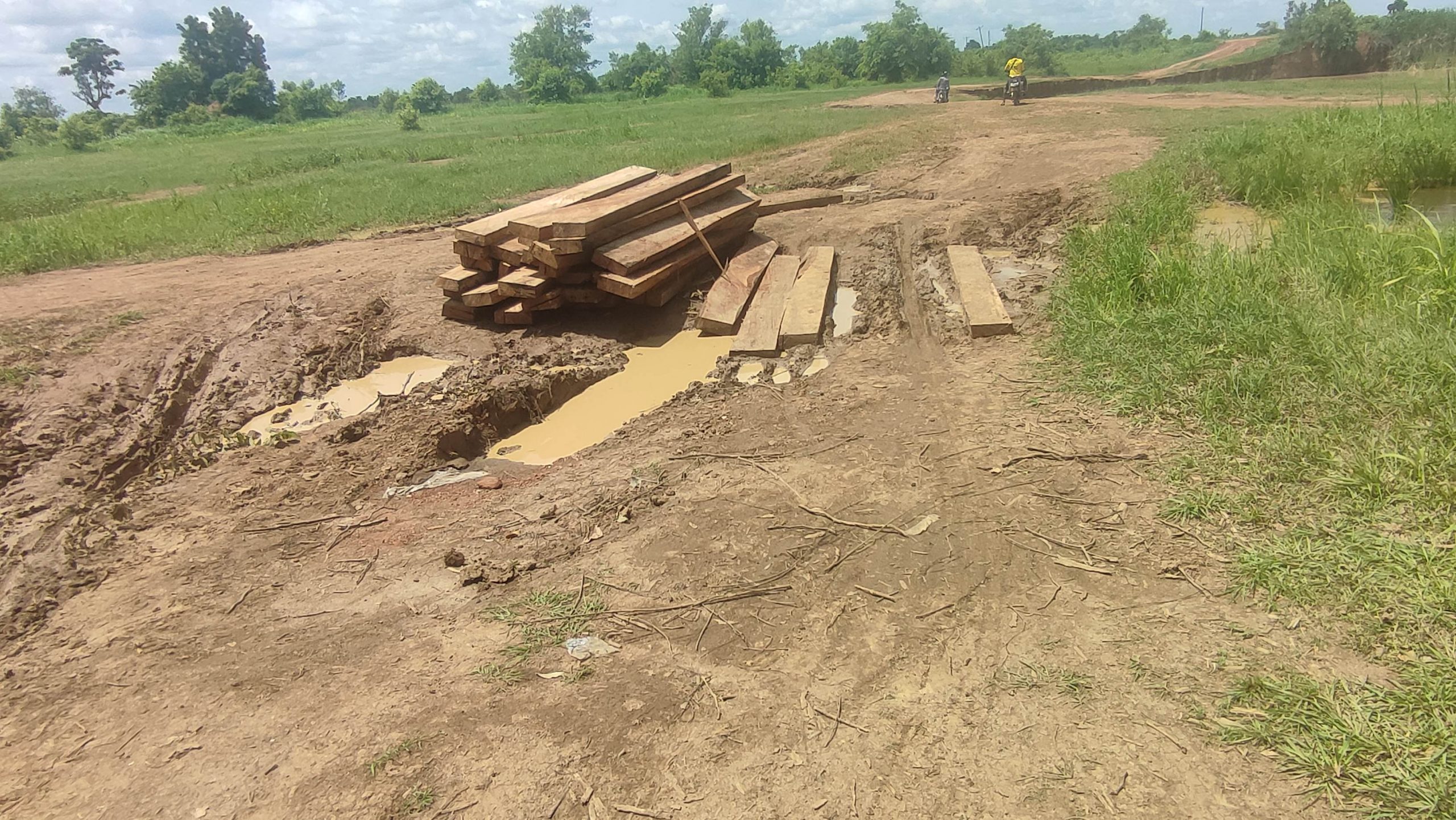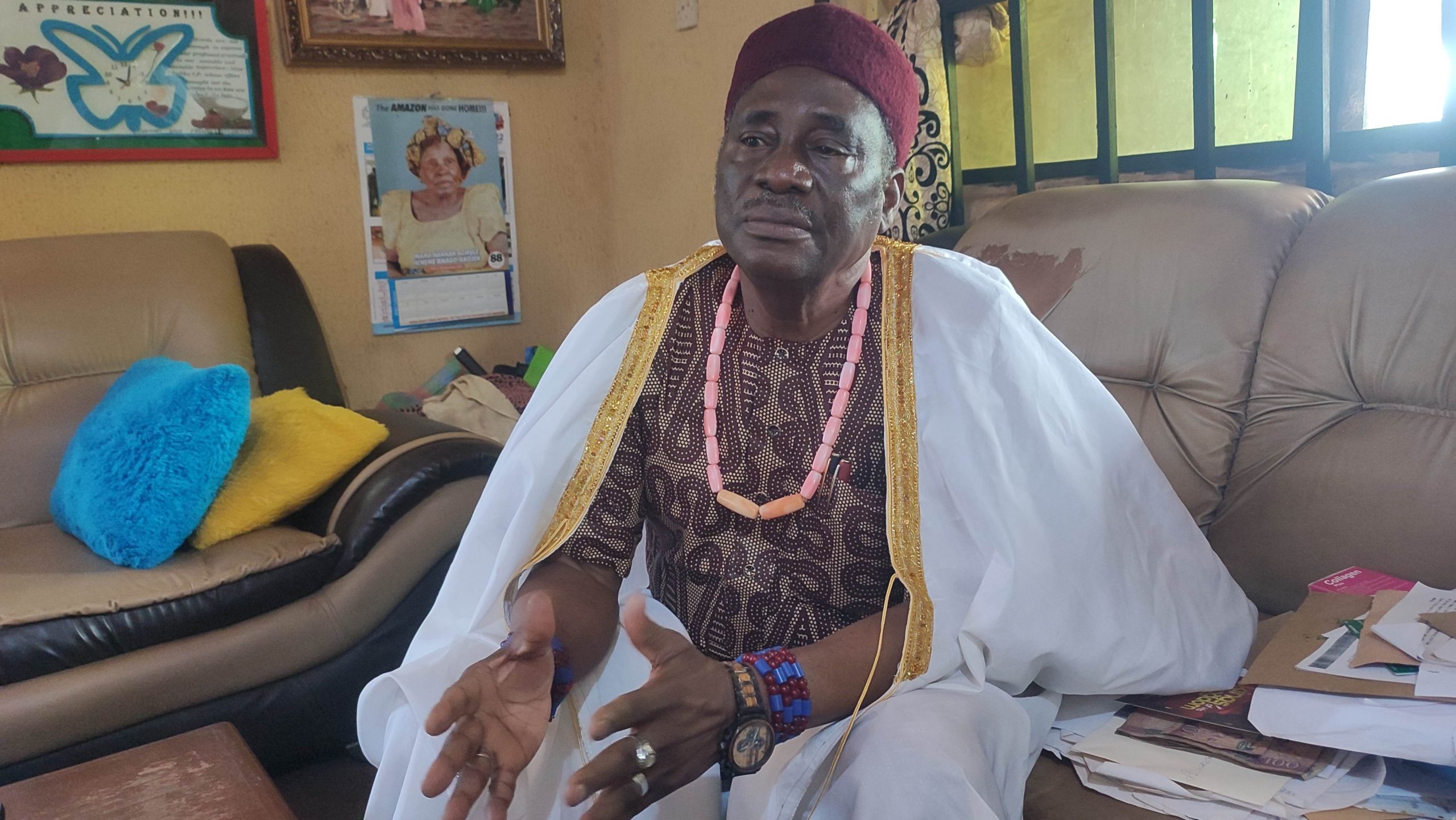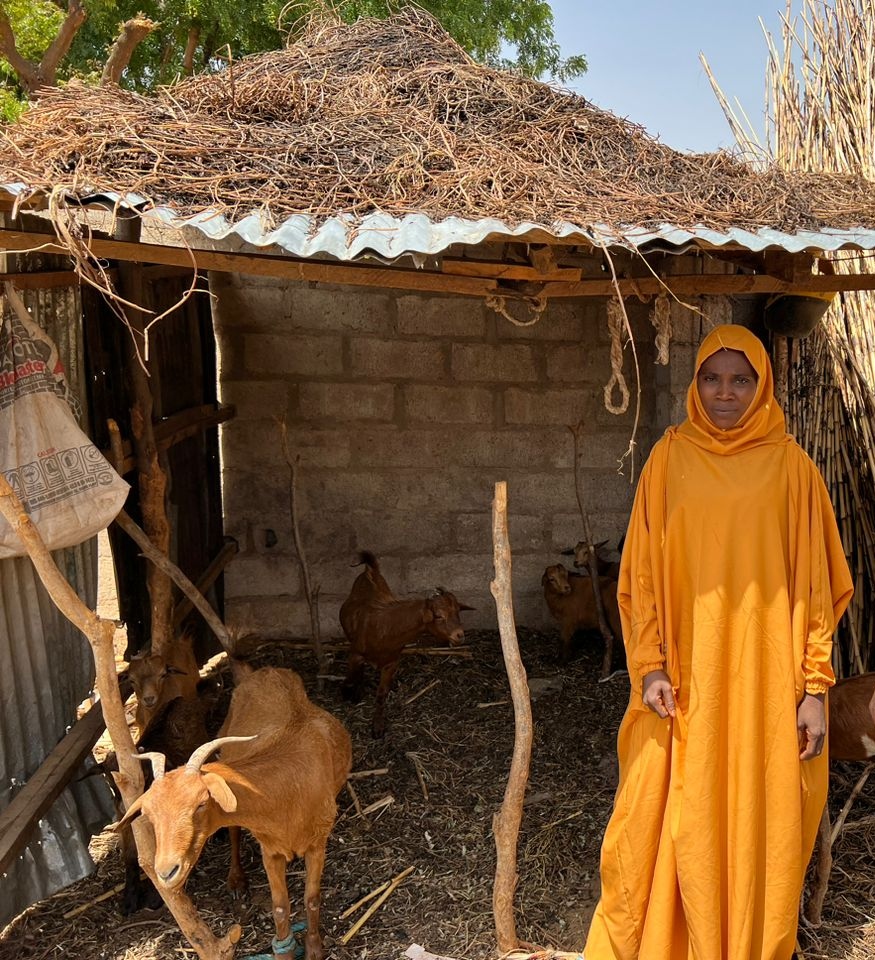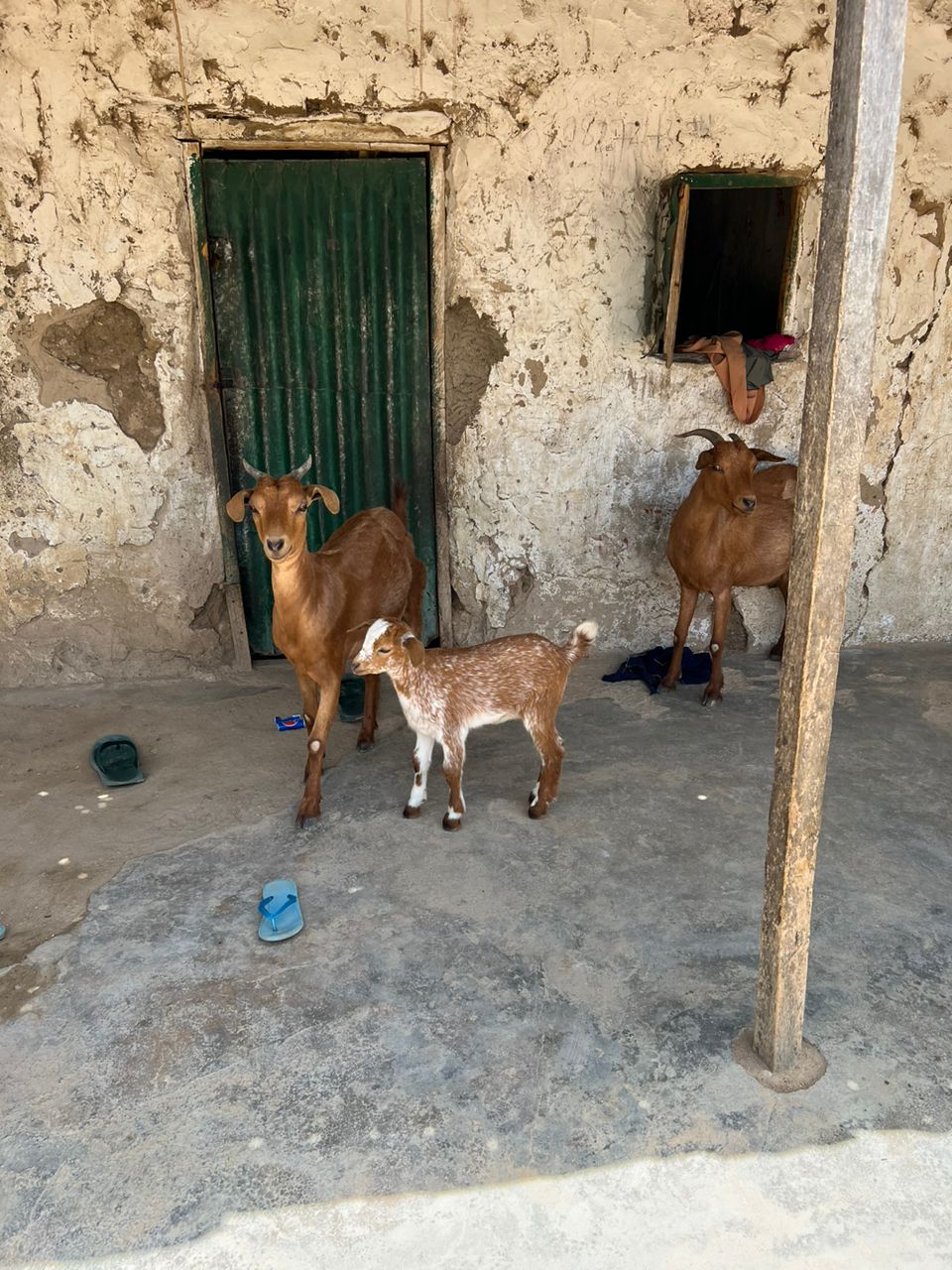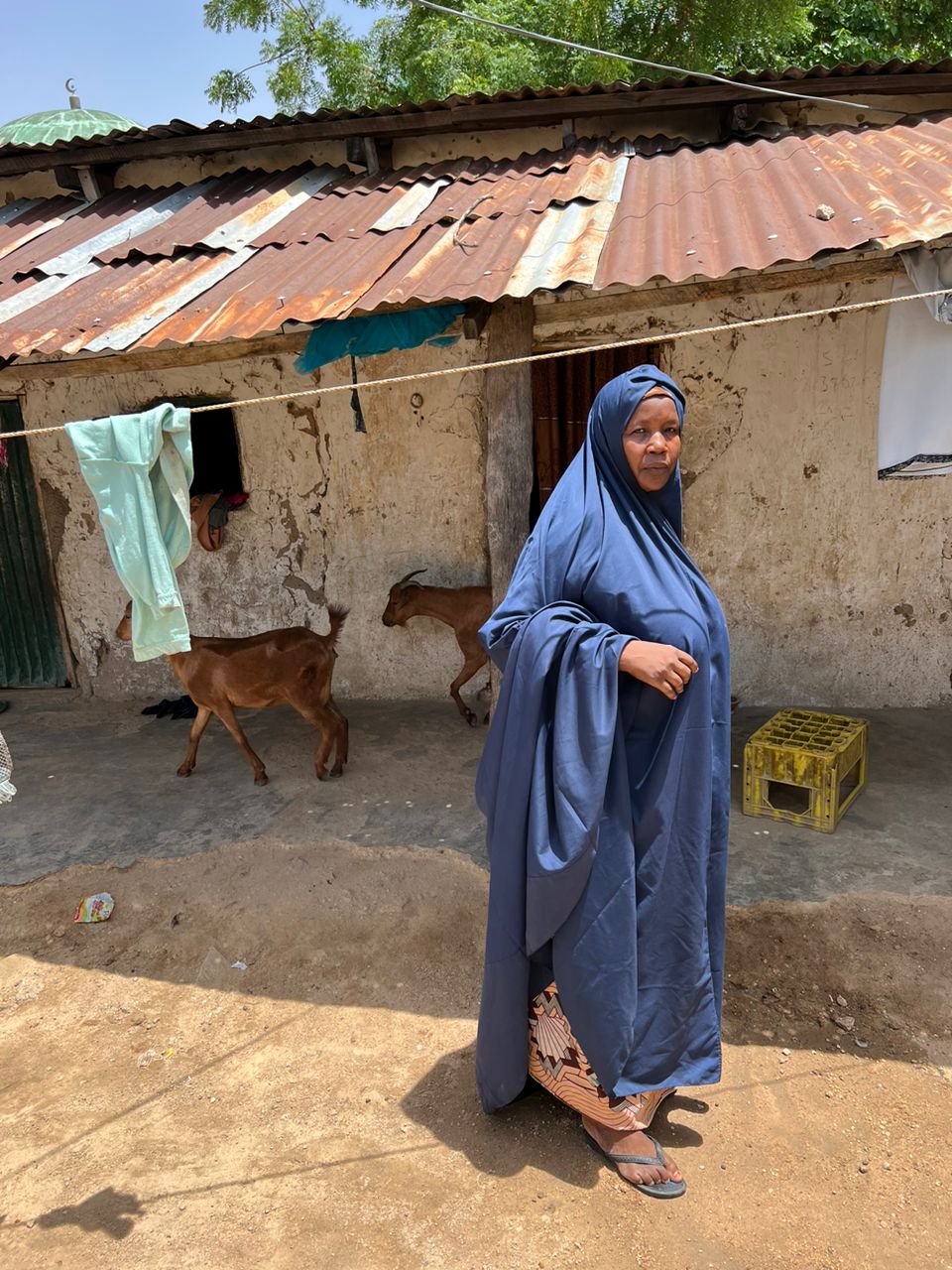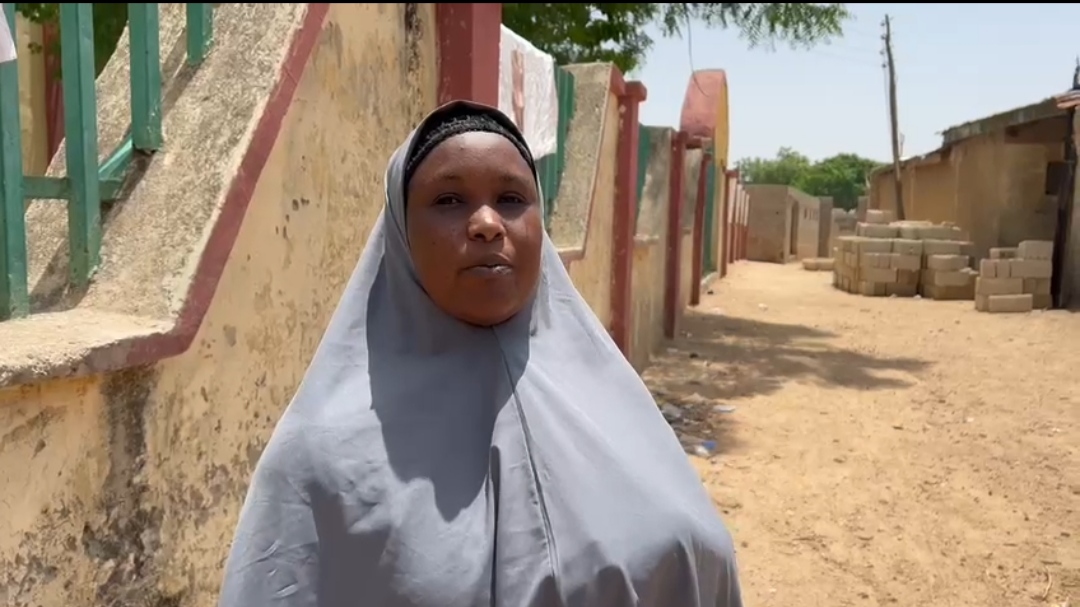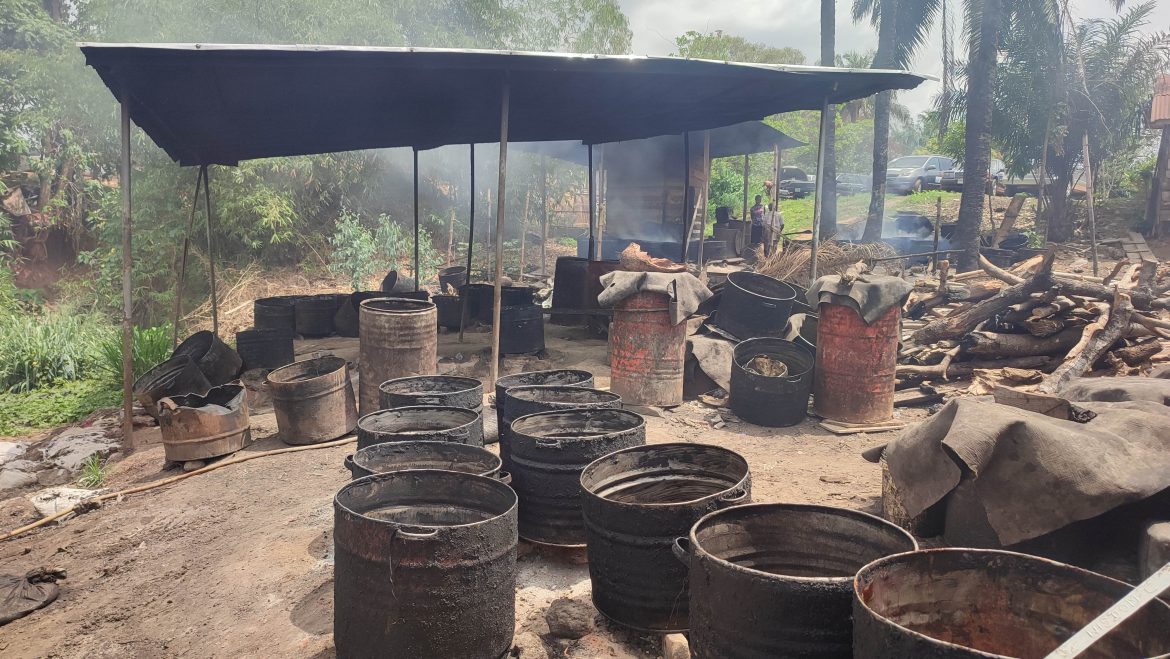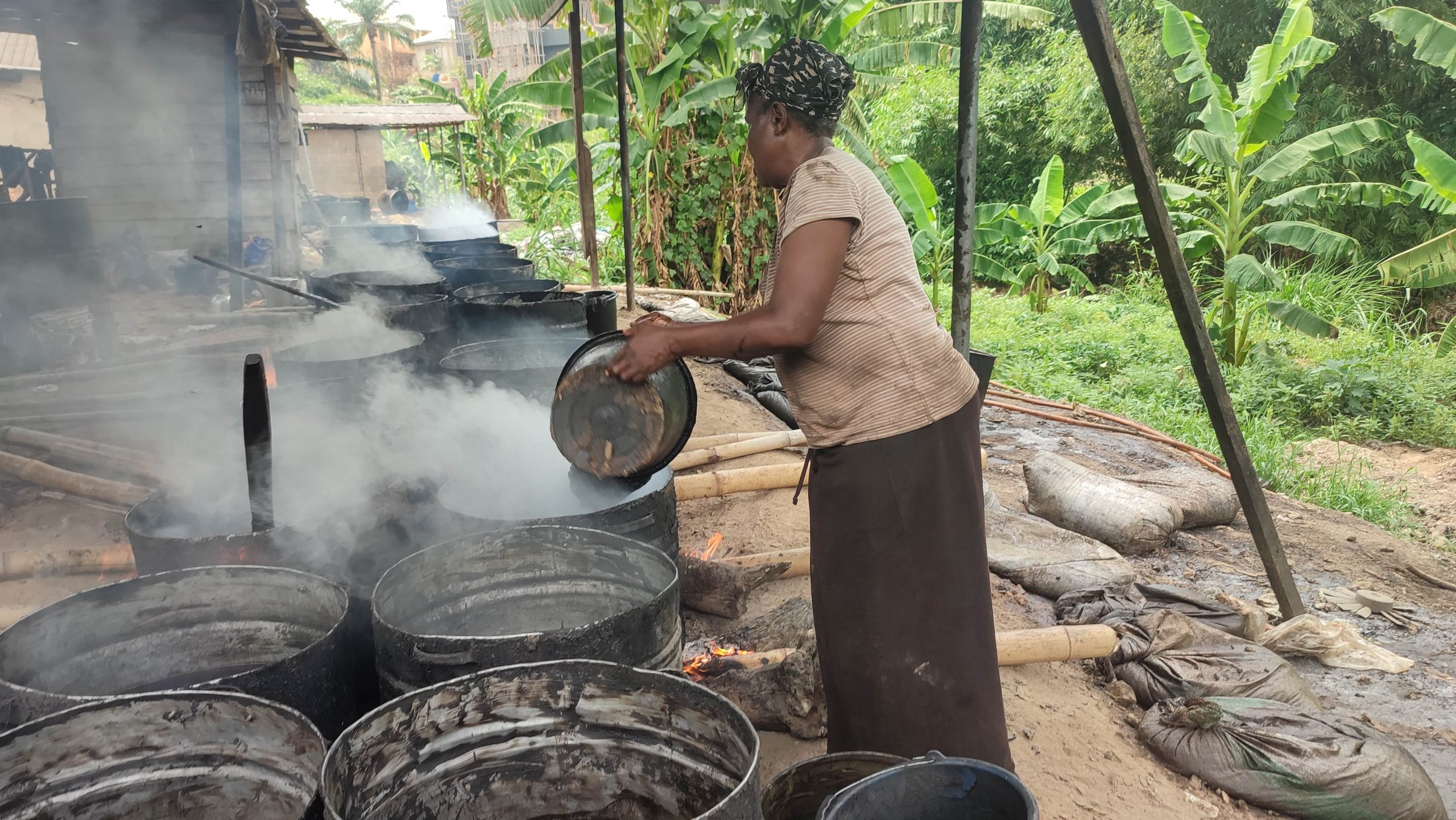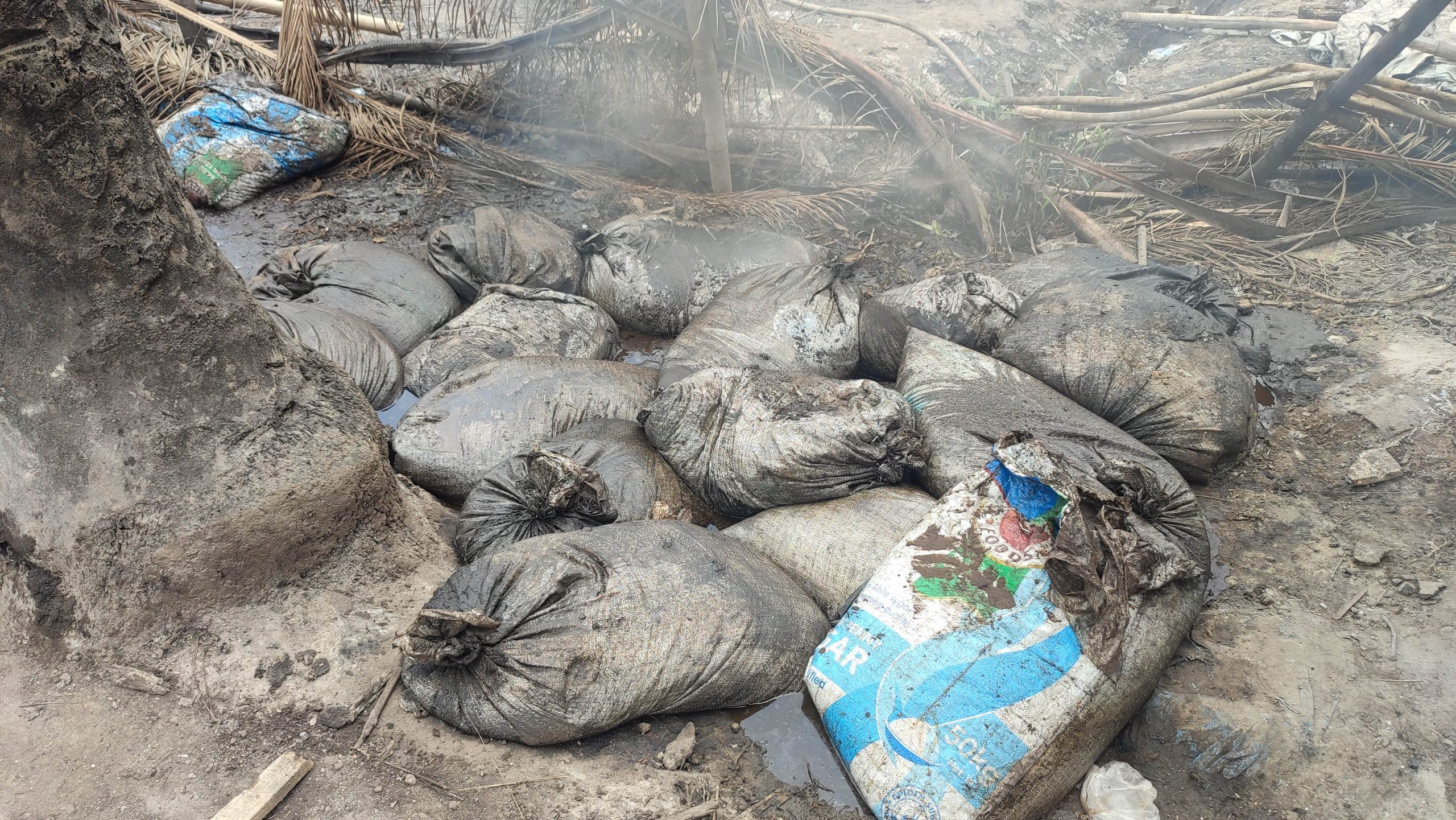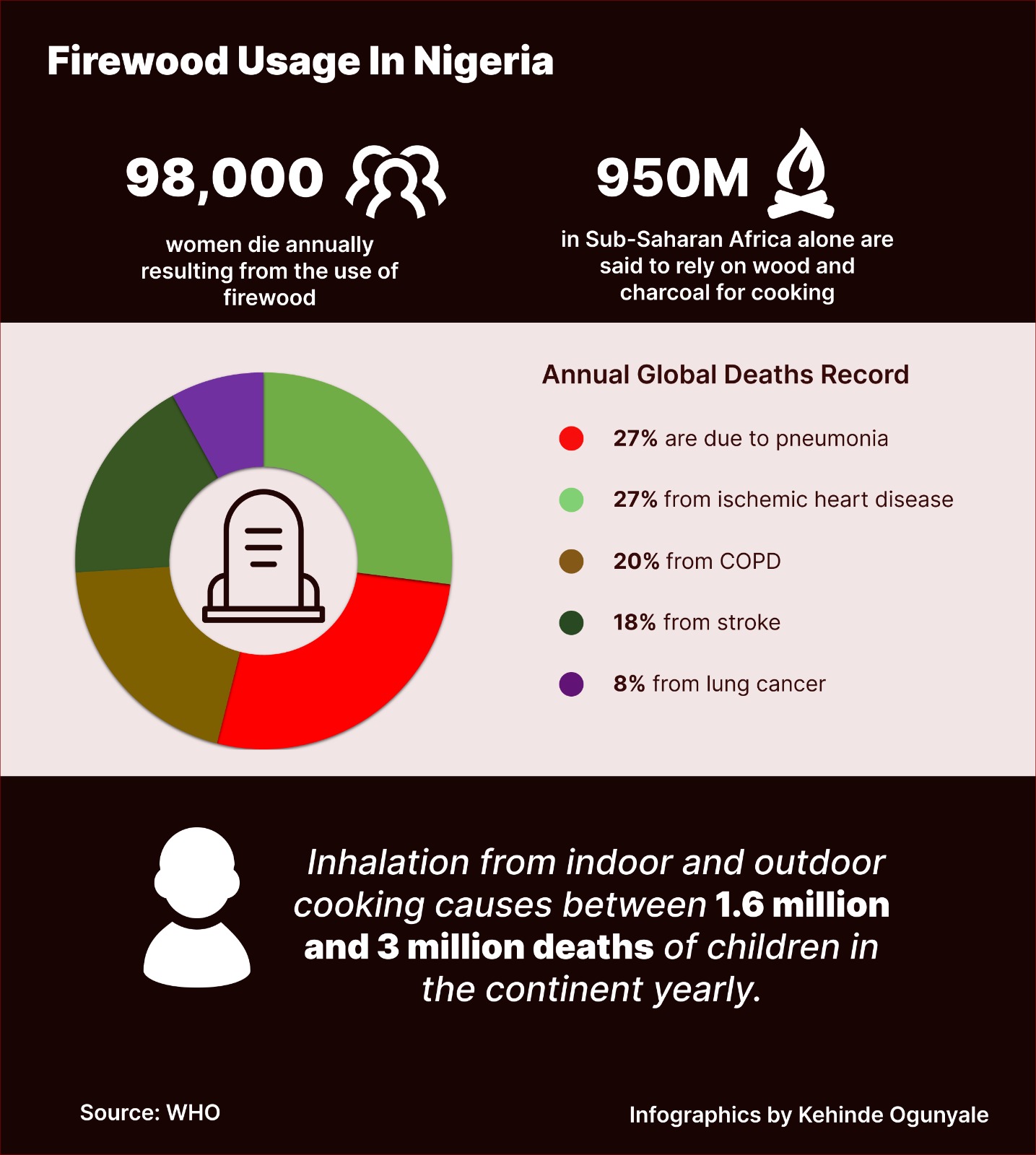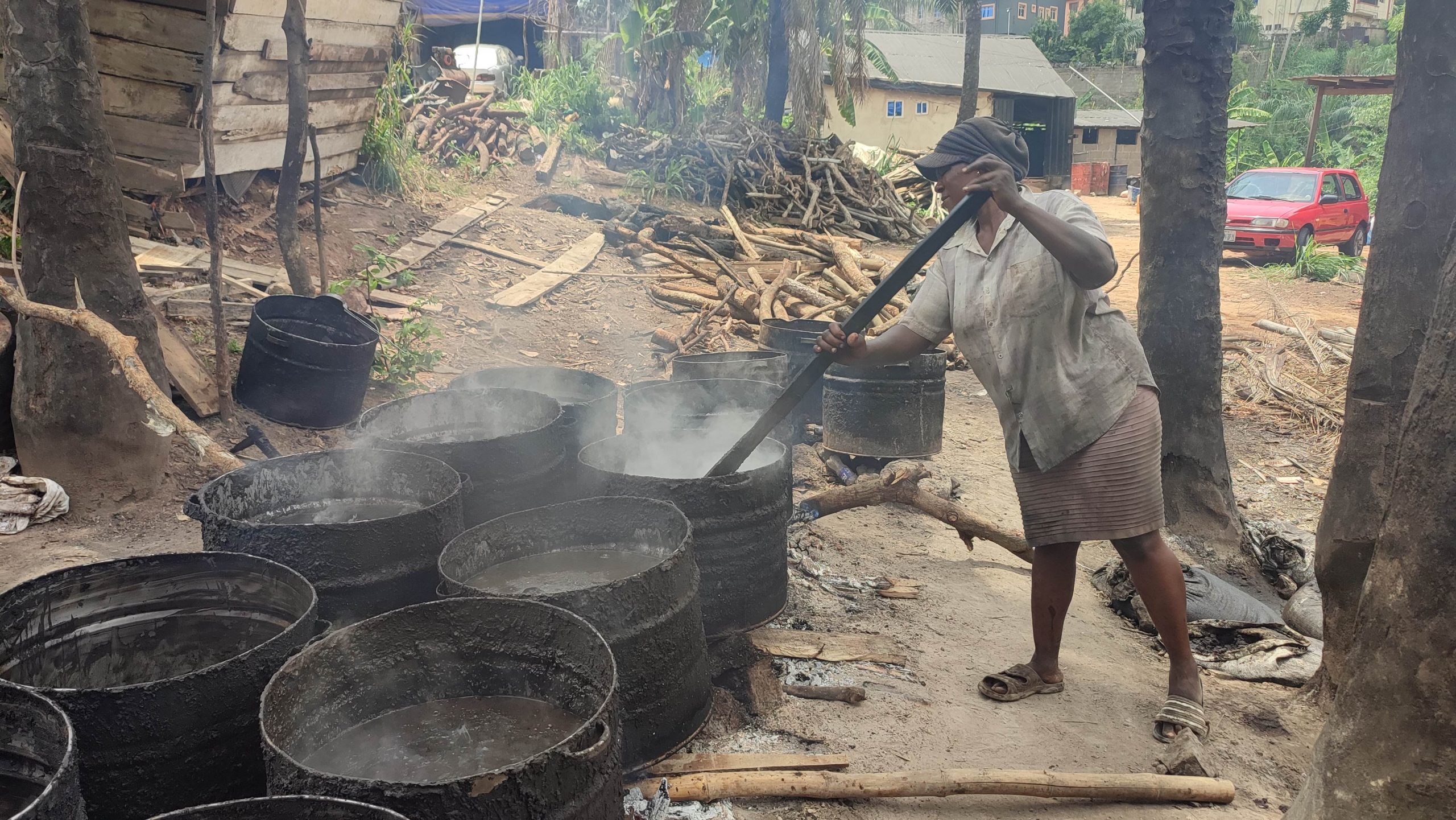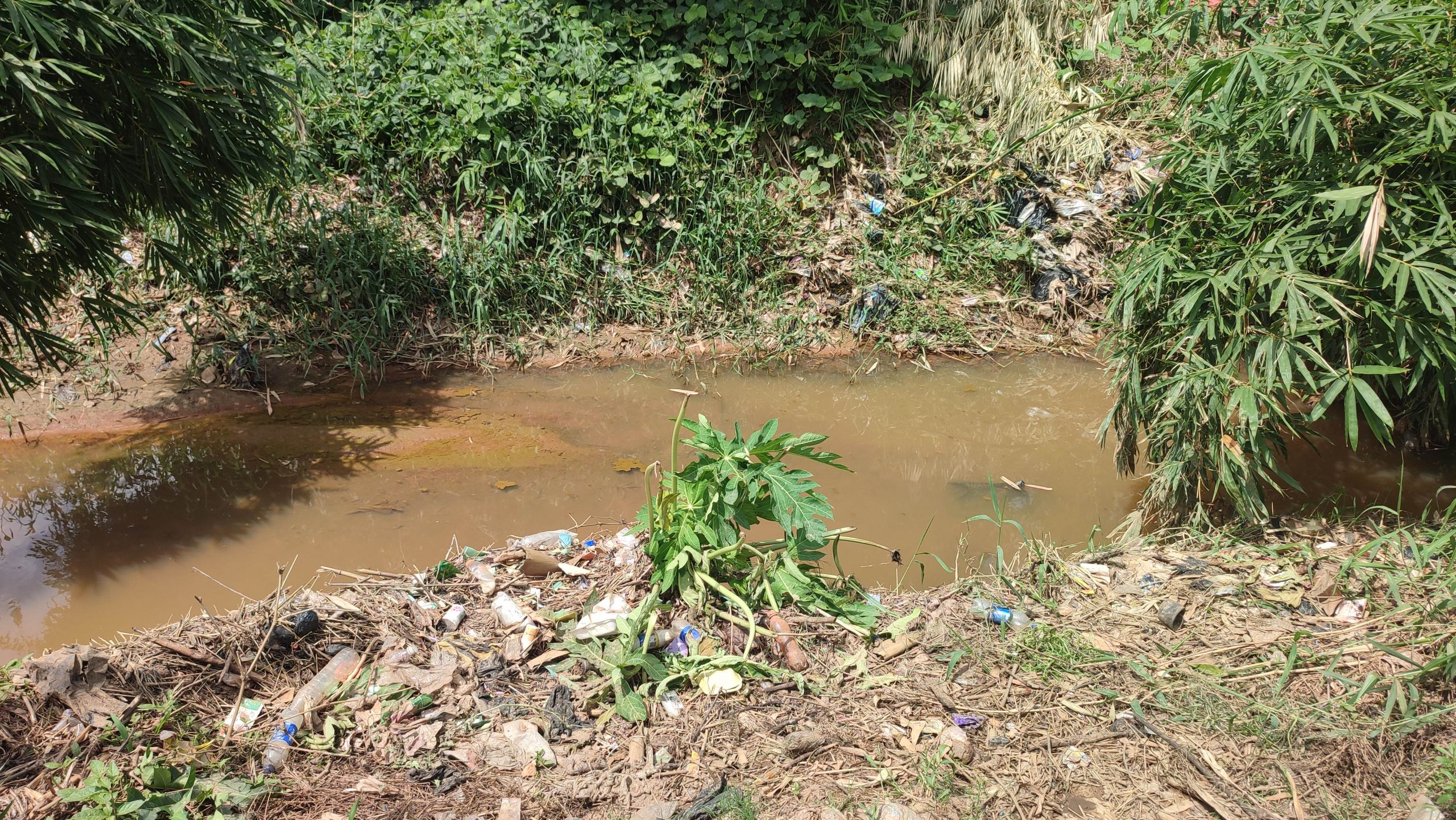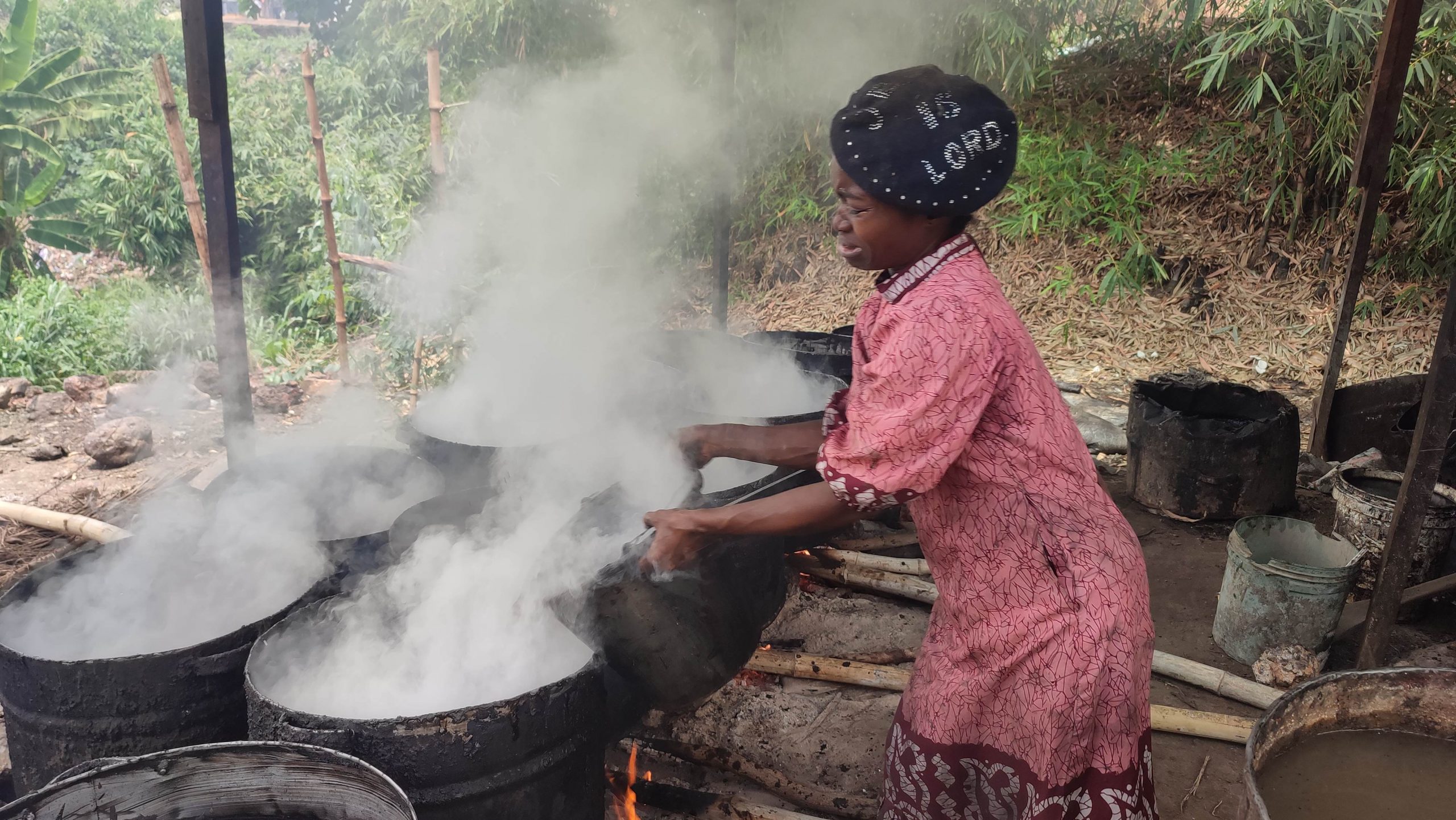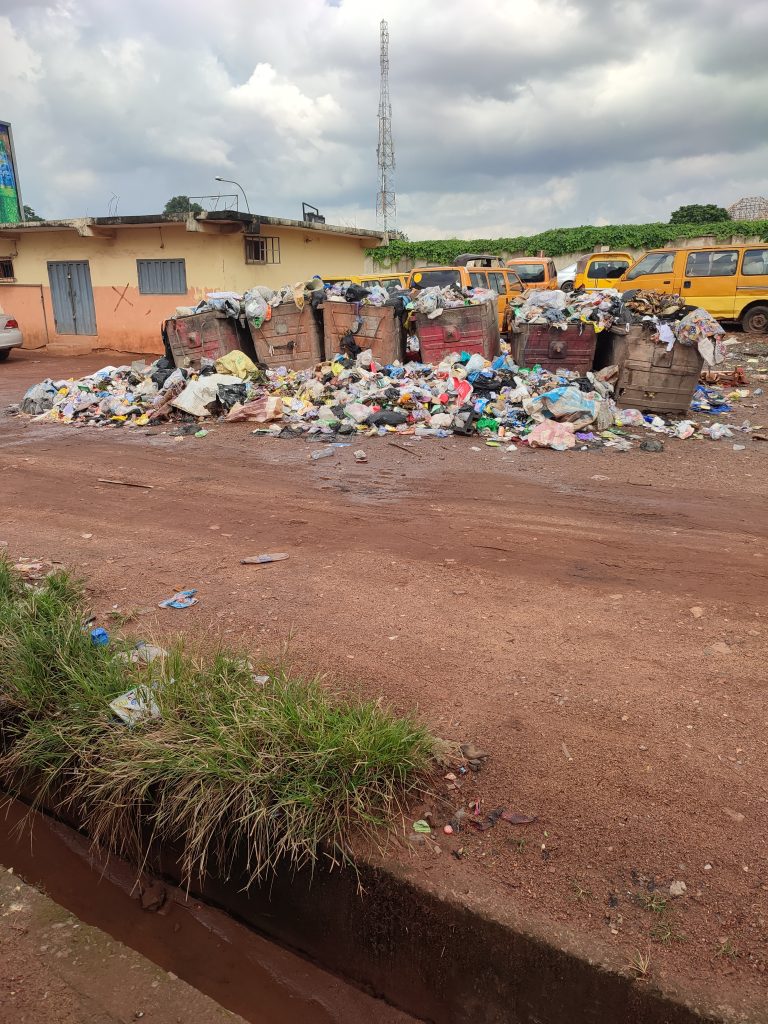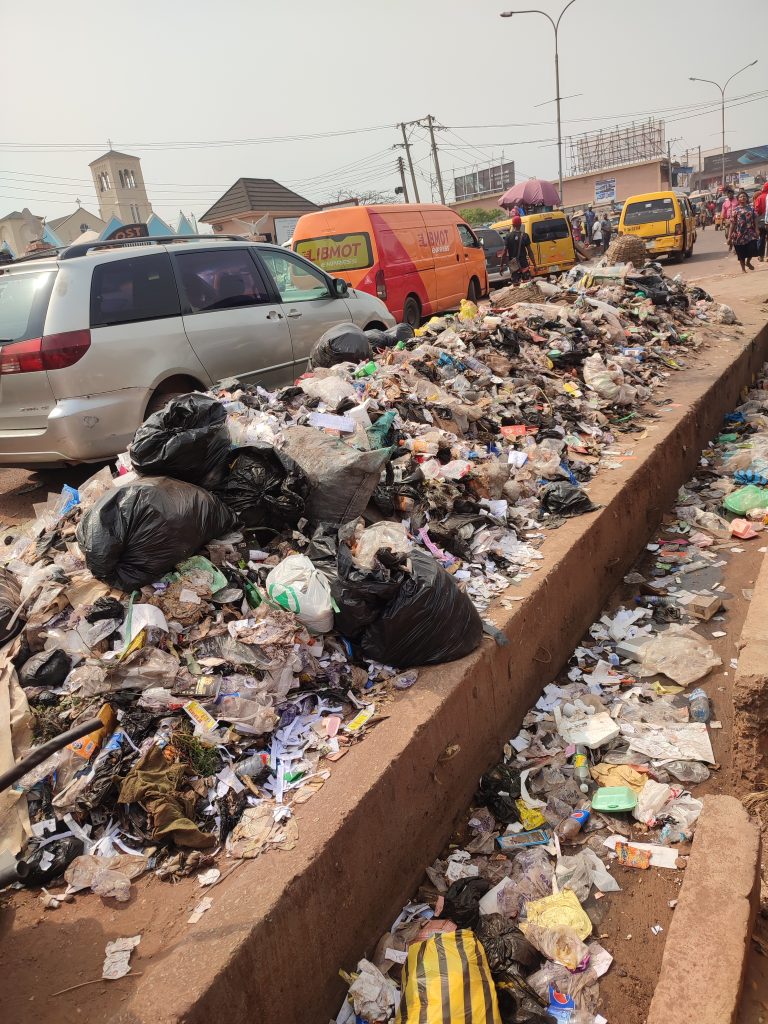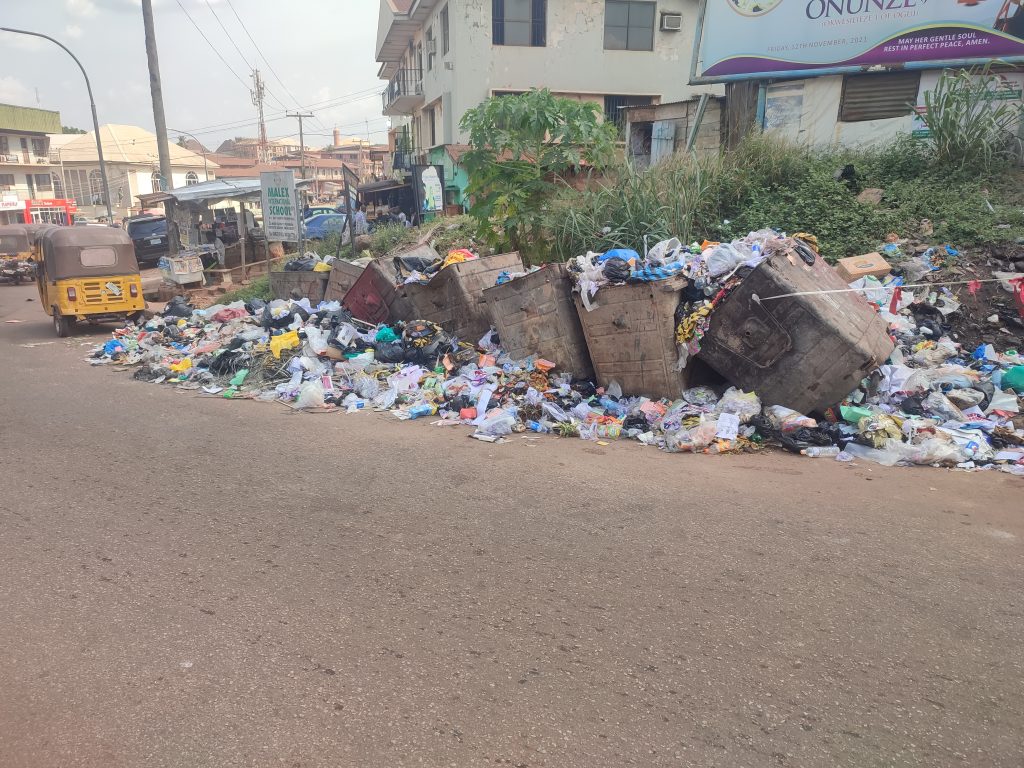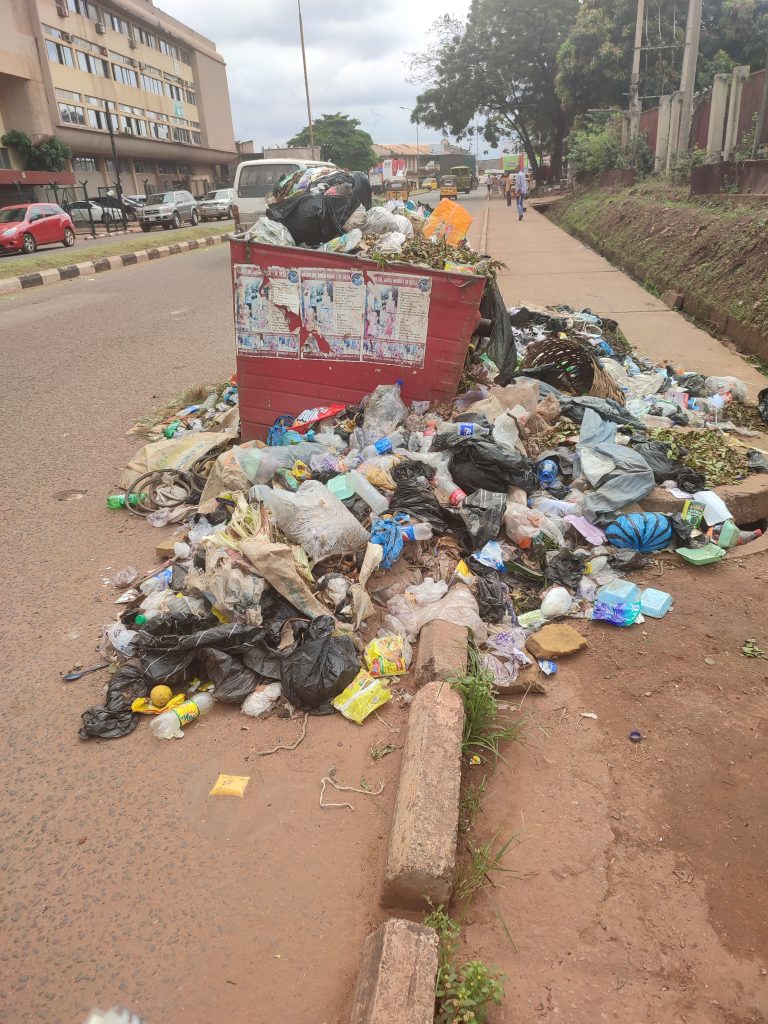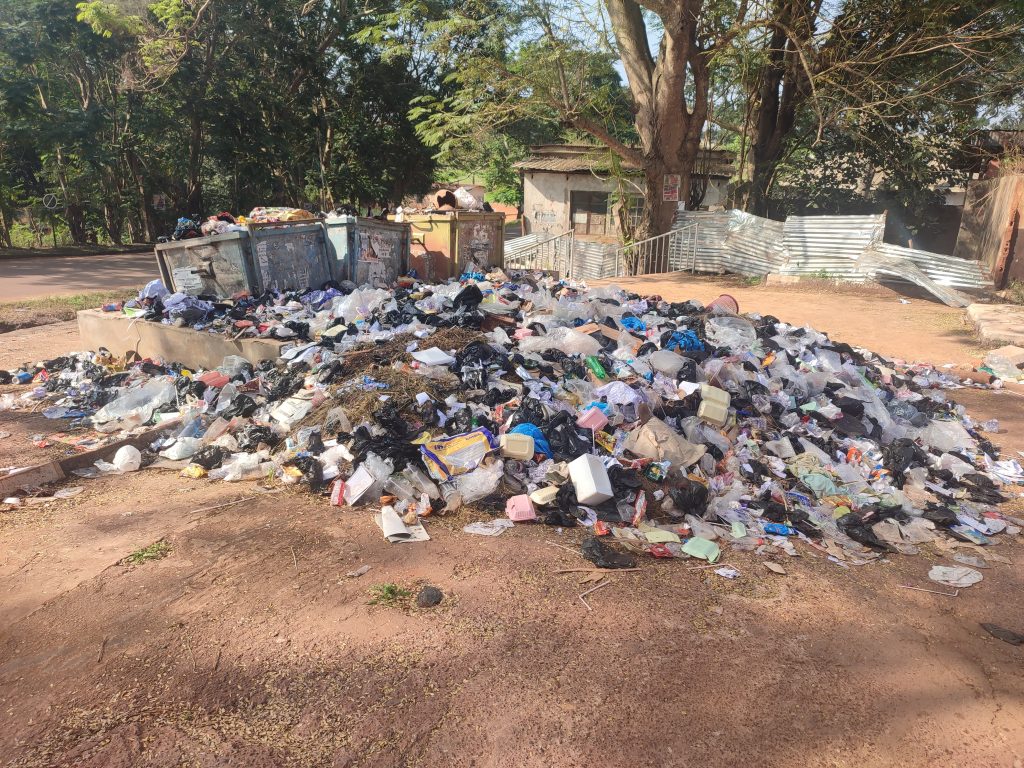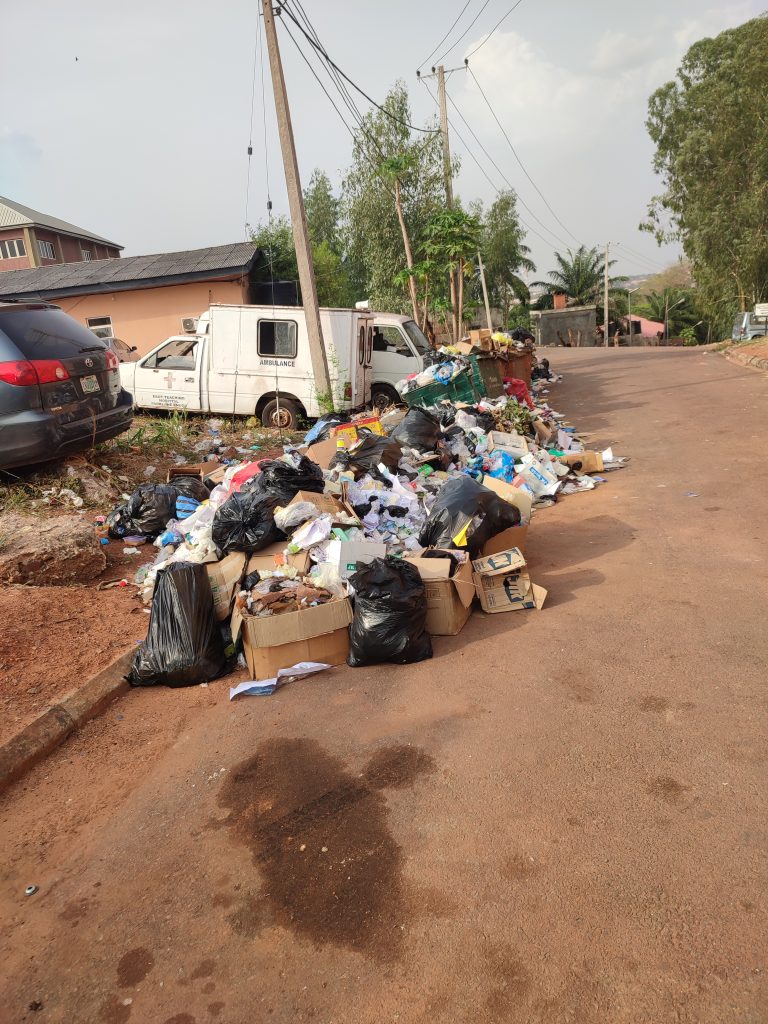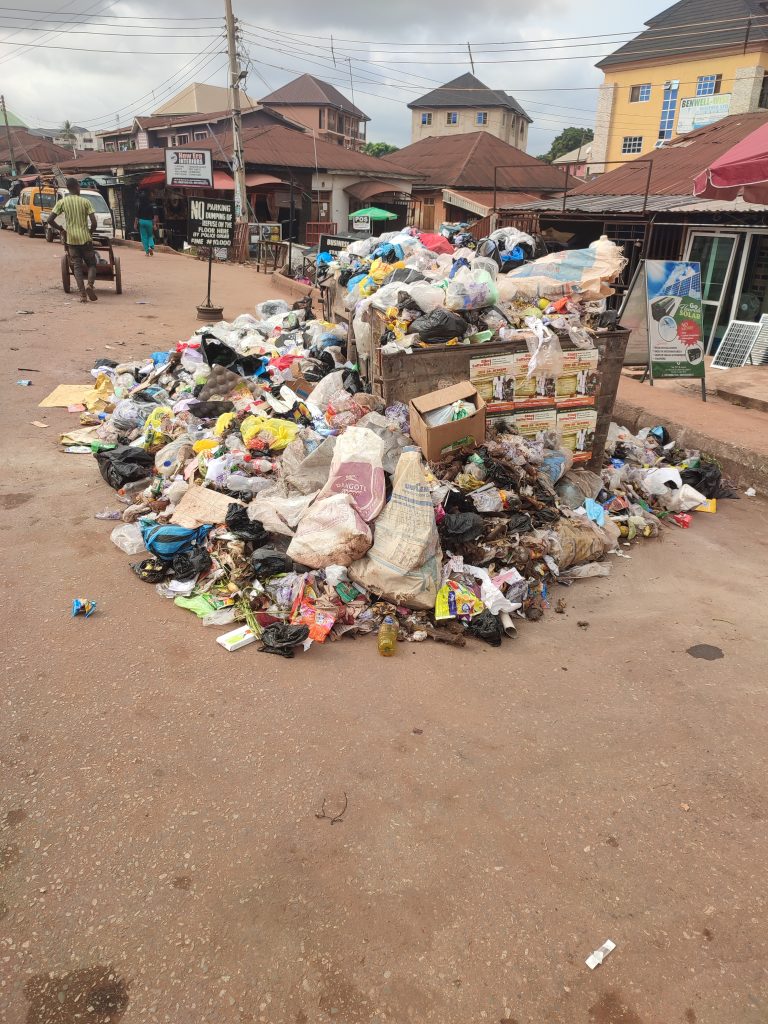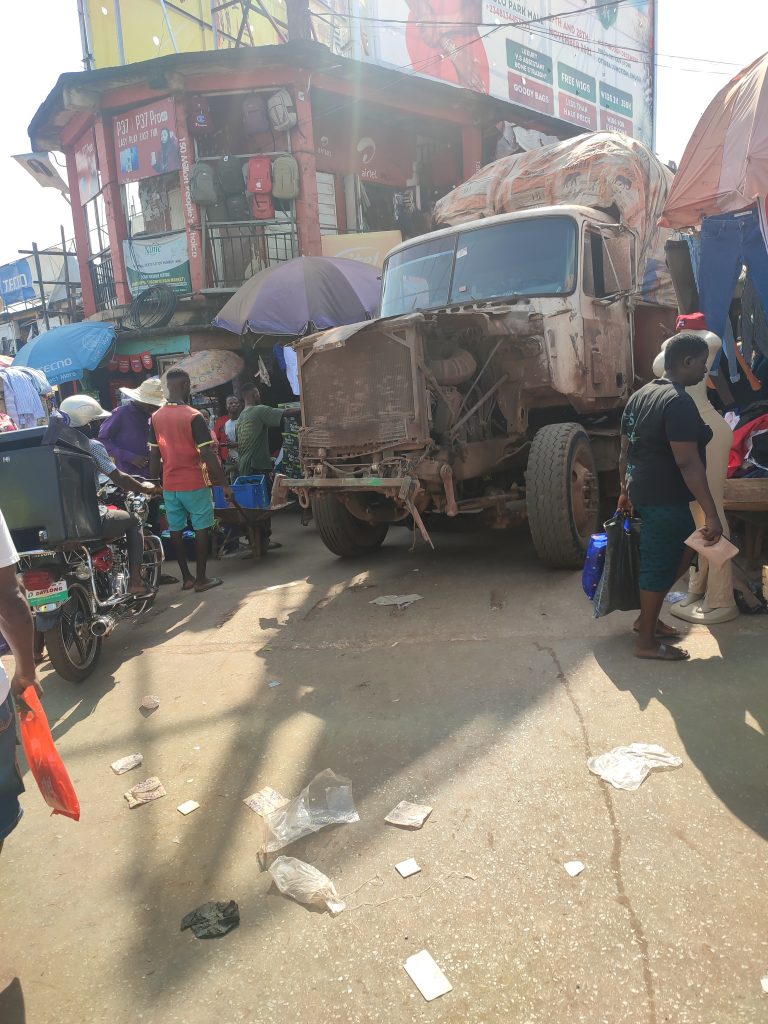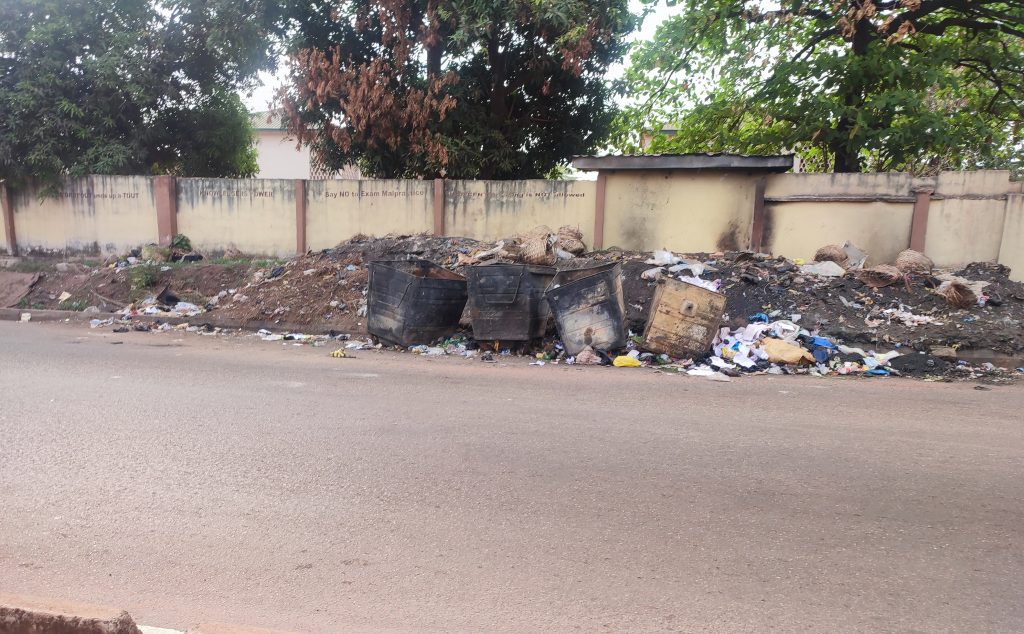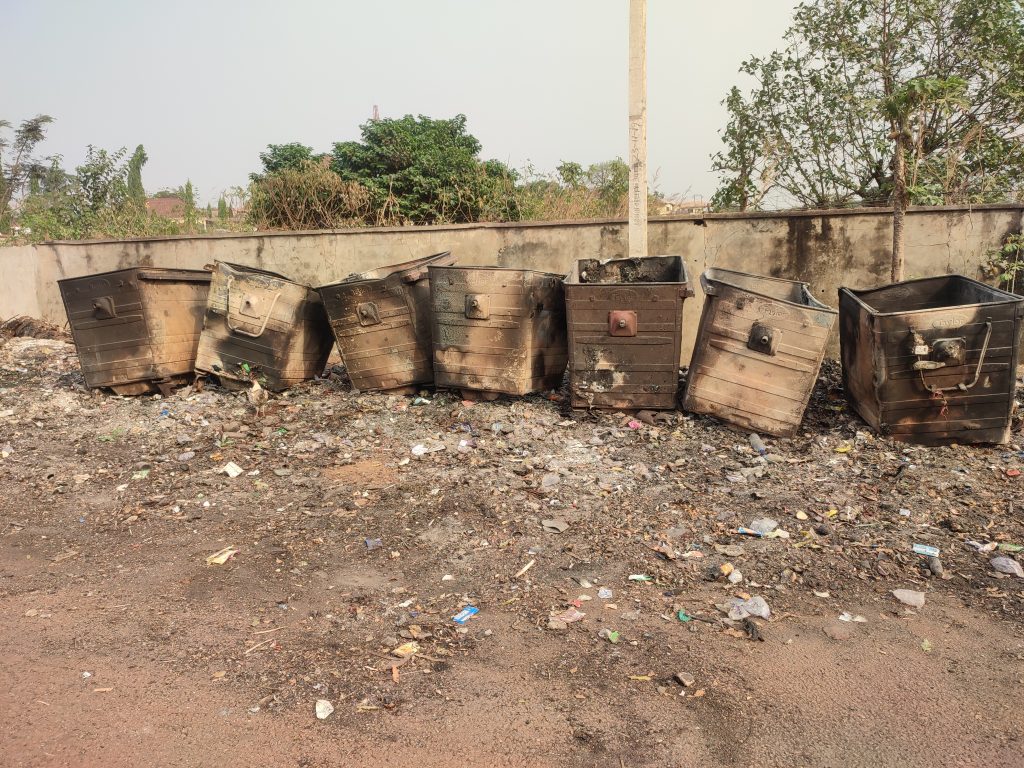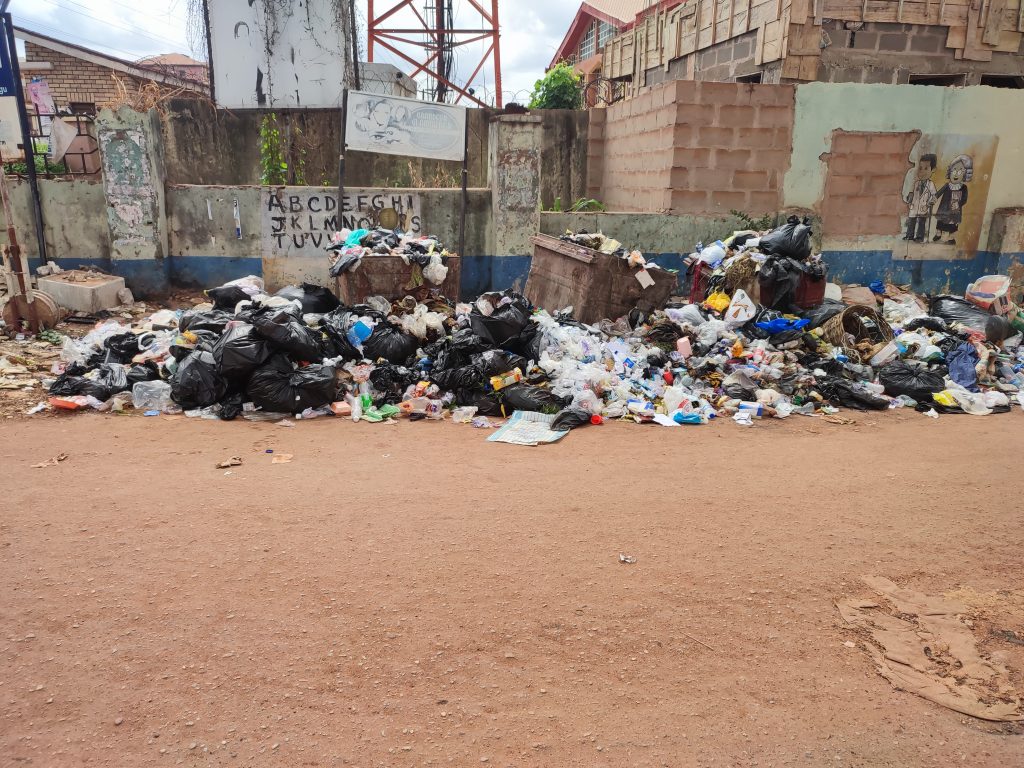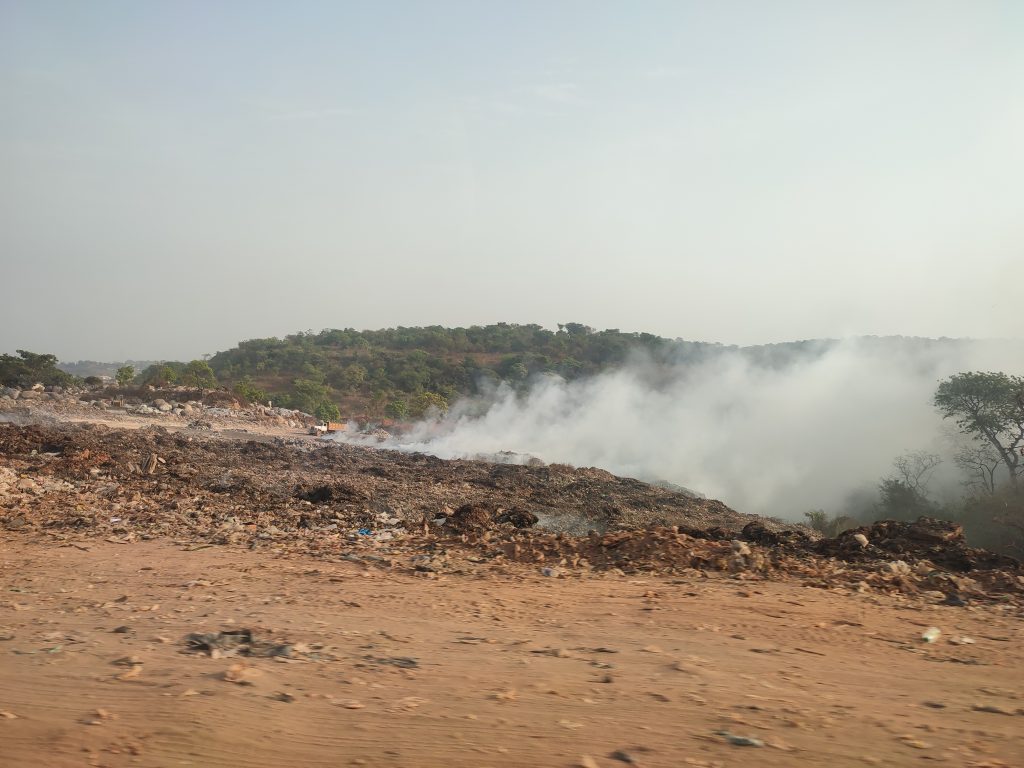Augustine Joseph was fully aware of the dire power supply situation in Fish Town when he arrived to establish a healthcare centre in November 2021. Fish Town, located in the coastal Bayelsa State, is an oil-producing community that had endured decades without any government or privately sourced electricity.
The donated generator from an oil company proved to be of little use, as high maintenance costs rendered it unusable. Consequently, Joseph was forced to purchase fuel for the healthcare centre’s generators at a cost of monthly cost of N70,000, which was still insufficient to operate the healthcare centre for a full day. “Some days, we put on the generator from 7 p.m. to 12 a.m. and hardly during the day. Except if we have a case to attend to,” Joseph said. Apart from the power supply issue, Fish Town did not have a resident mechanic. As a result, whenever the generators malfunctioned, Joseph would spend N20,000 to bring a mechanic from elsewhere. These costs could rise to as high as N100,000 monthly when factoring in the repairs, transport, and parts.
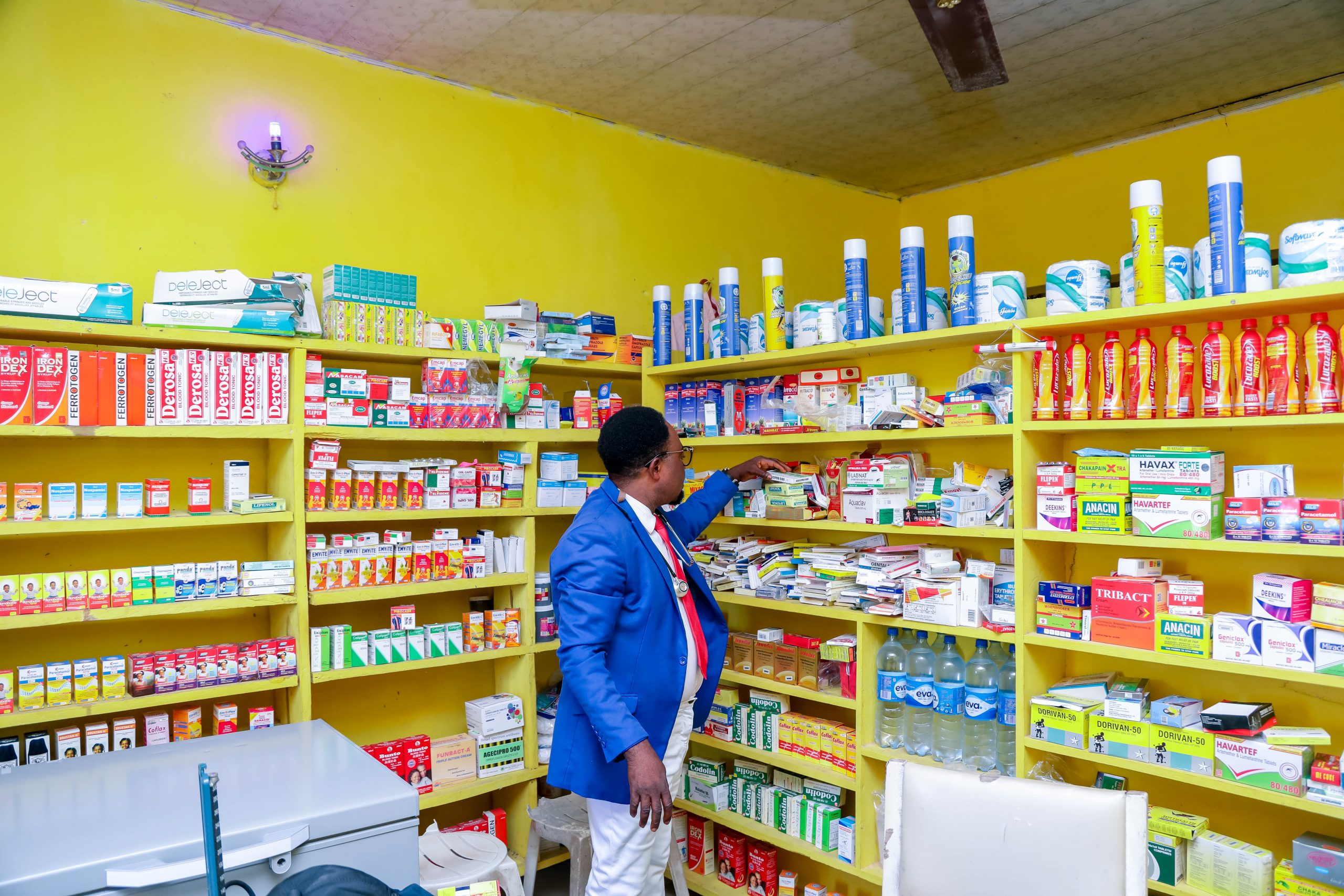
Joseph inside his Pharmacy at Fishtown
Access to reliable energy is crucial for delivering health services and achieving universal health coverage. Electricity is required to power medical equipment, improve visibility at night and power machines that provide clean water in healthcare facilities. It is also important for childbirth at night, powering cold chain facilities that store vaccines for routine immunisation, and diagnostic equipment in laboratories. However, it is estimated that at least one billion people worldwide rely on healthcare facilities that lack constant electricity. In sub-Saharan Africa alone, at least 25,000 healthcare facilities have no access to electricity, and 68,350 have access to only unreliable electricity.
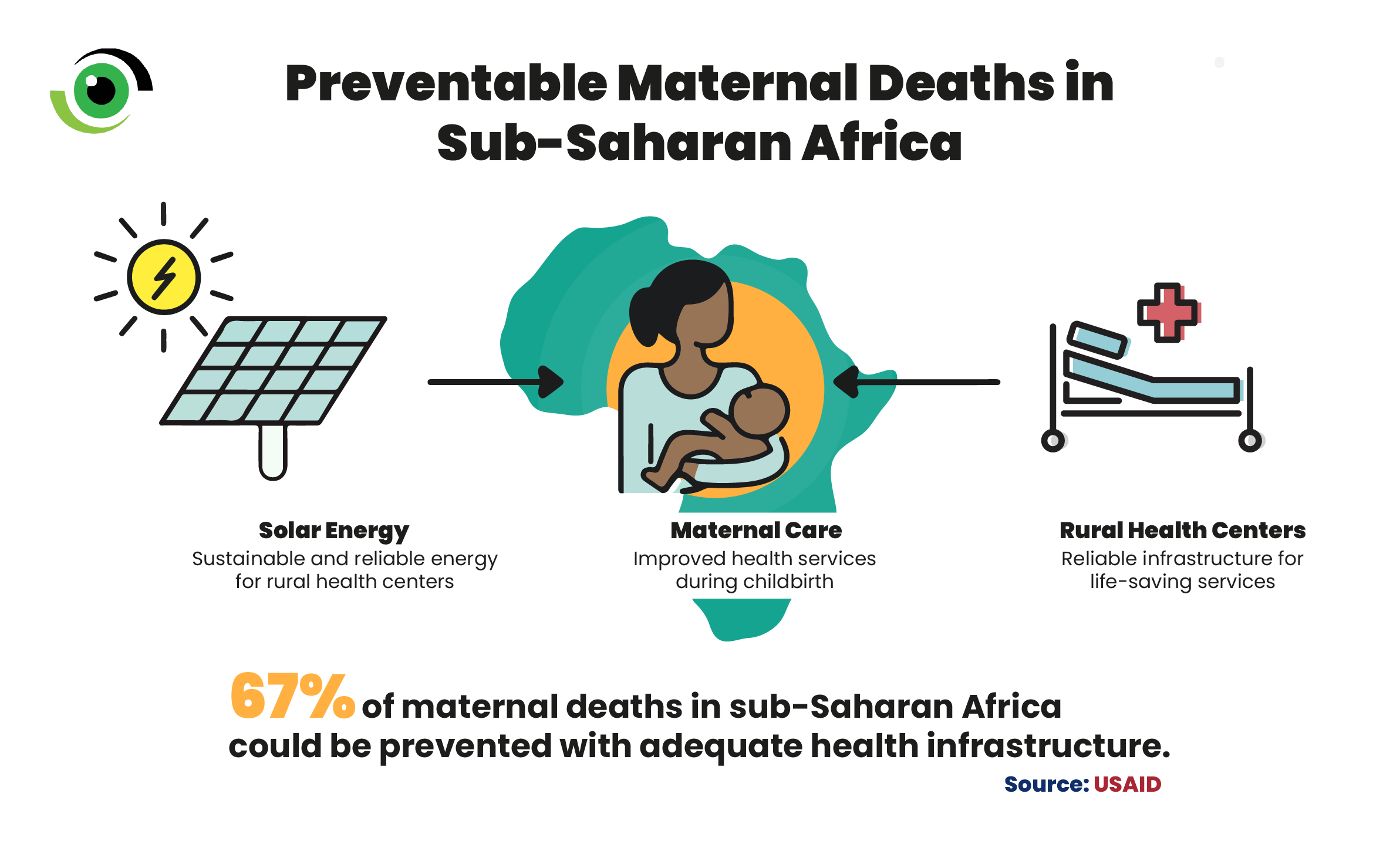
Image credit: Nigeria Health Watch
In 2023, Fish Town experienced a positive shift when the Foundation for Partnership Initiatives in the Niger Delta (PIND) selected Joseph’s Hospital for the implementation of its clean energy solution across health centres in the region. The foundation, which had been selected to implement Power Africa’s Health Electrification and Telecommunications Alliance (HETA) initiative in Nigeria is working with African governments to electrify 10,000 healthcare centres in Africa through decentralised renewable and reliable energy resources for improved service delivery by 2027.
Succour at last
Anthony Osibajo, the Coordinator for Access to Energy at PIND, outlined the initiative’s objectives, which included reducing energy operation and maintenance costs, providing a better working environment for healthcare workers, and ultimately enhancing the quality of healthcare services.
To achieve these goals, PIND works with local partners to implement clean energy solutions in 12 primary healthcare centres (PHCs) across three coastal communities in the Niger Delta region: Delta, Ondo, and Bayelsa. These systems provide reliable and sustainable electricity to meet the essential, critical, and emergency needs of healthcare facilities in the locations.
Fish Town in Brass and Koluama 2 in Southern Ijaw Local Government Areas (LGAs) in Bayelsa; Deghele in Warri South-West and Ogbinbiri, Ogbudugbudu, Awamba, Obaghoro North LGAs in Delta state; and Ojumole, Odo Nla, Jirinwo, Odofado, and Odun Igor in IIaje LGA, Ondo state all benefitted from the initiative.
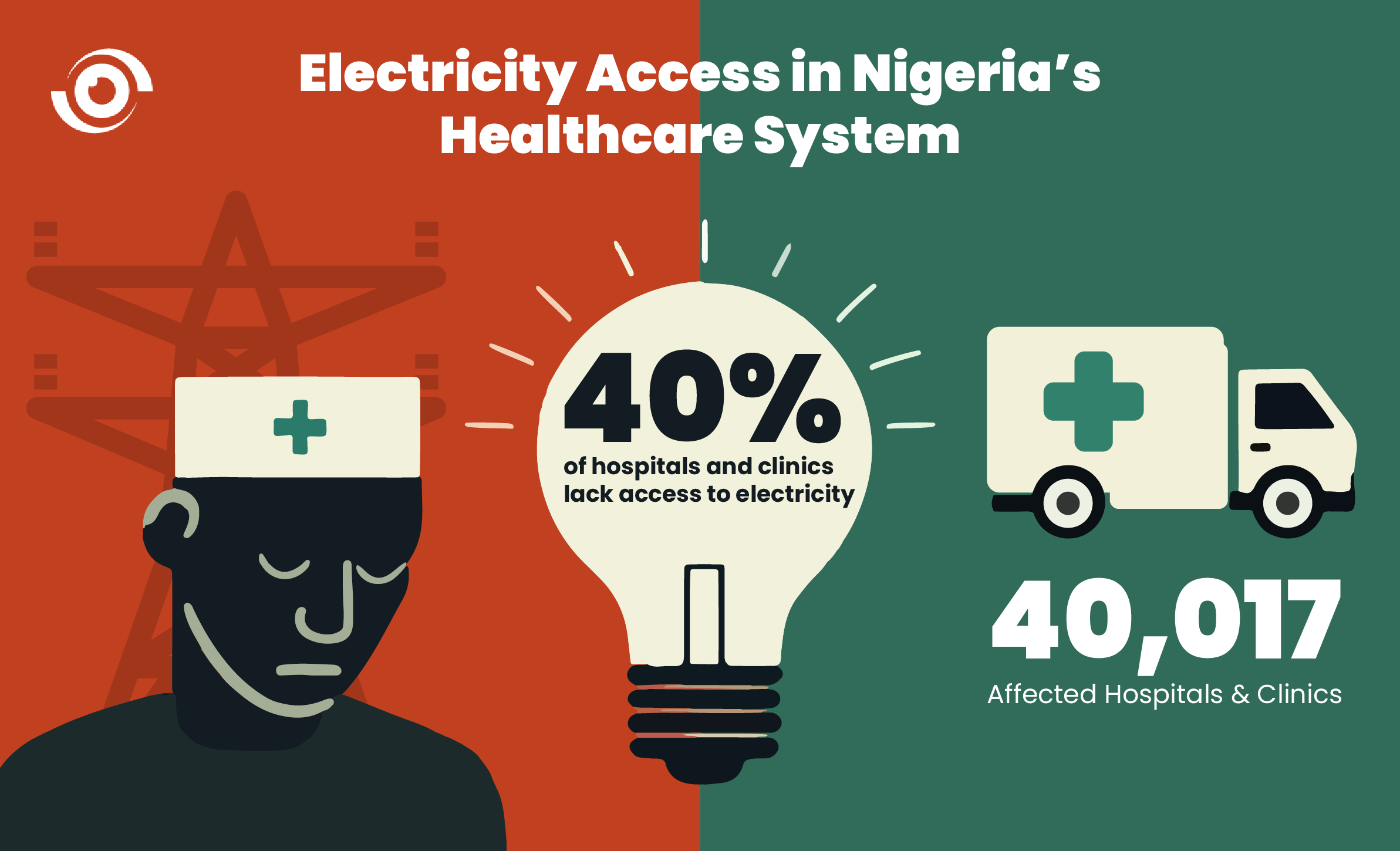
Image credit: Nigeria Health Watch
“These communities are off-grid, and most mini-grid developers will not want to go into the villages,” said Osibajo. “We used our proven Access to Energy model of providing reliable, affordable solar power to these last-mile communities based on our mandate that no communities should be left behind.”
PIND in collaboration with Abt Associates, the core partner for Power Africa, executed the clean energy project in the selected healthcare centres. Abt Associates, a global organisation that seeks to improve the quality of life and economic well-being of people worldwide, plays a vital role in helping health systems transition to renewable energy, leading to healthier, more resilient communities as part of the HETA project.
From frustration to transformation
Mary Oluka, a resident of Fish Town, shared her experience before the installation of solar energy at the health centre. She described it as a frustrating experience, citing the lack of constant power as a major concern. Recalling an instance when she was suffering from malaria and was admitted to the health centre, Oluka said it made an already difficult situation even more challenging.
“It was daytime when I arrived. There was no power,” she noted. “At 7 pm, the generator came on, and I was relieved, but by 11 pm, it went off, and everywhere was dark. The doctor came and said he needed to put it off to save cost. I was uncomfortable,” Oluka said.
Without a constant power supply, Oluka and other residents preferred to return to their homes and receive treatment rather than remain at the hospital. She explained that the noise from the generator was also discomforting, but that did not matter so much.

Energy store system at Odofado healthcare centre
For Joseph, the solar energy system has been transformative, enabling him to save costs and extend the operating hours of the health centre. With the solar system in place, the centre and the pharmacy can now operate until midnight, sometimes even longer, leading to increased activity and utilisation of the available services. The previously dormant industrial fan, deep freezer, and other equipment are now in use, contributing to a smoother and more efficient hospital operation.
“We can run different tests without spending so much on powering our generators, we store different clinical samples,” Joseph said. With the current fuel price in Nigeria, he said he would have been spending over N20,000 daily to power the hospital, but with solar power, he only prays for enough sunlight to charge the batteries.
Reducing carbon emissions
PIND’s solar energy initiative is not only improving access to healthcare in the region but also reducing greenhouse gas emissions from the use of fuel-powered generators, which contribute to global warming.
By providing clean energy sources to healthcare centres, the initiative is replacing the use of fossil fuels, particularly natural gas, the predominant electricity source in Nigeria. Nigeria has the largest natural gas reserves in Africa and ranks among the world’s top countries with proven reserves, according to data by Statista. The shift to renewable energy sources is a step towards mitigating the adverse impacts of climate change and reducing the country’s reliance on non-renewable energy sources.
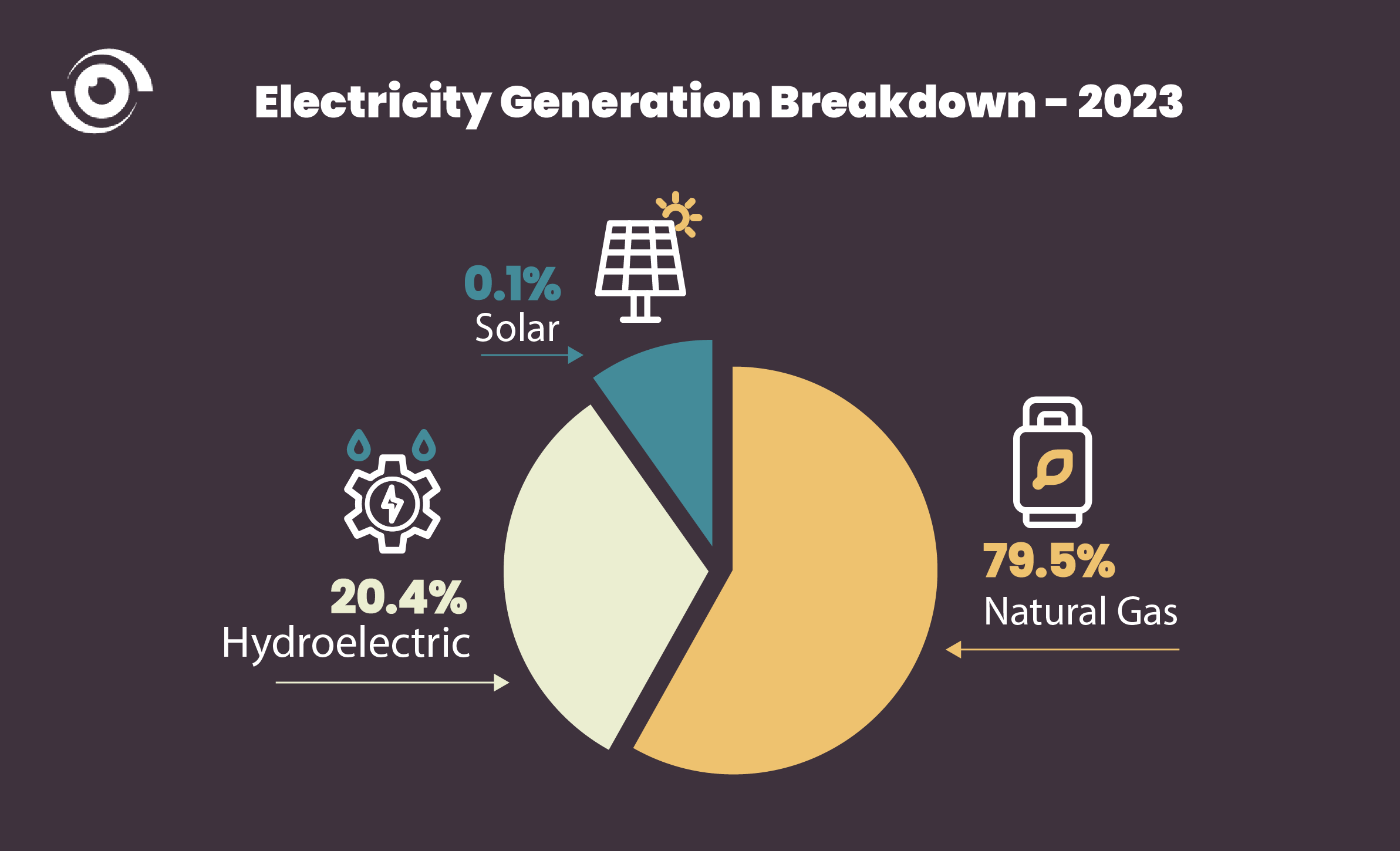
Image credit: Nigeria Health Watch
However, Joseph noted that sometimes the voltage drops and cannot fully power some hospital equipment. He adds that sometimes, the battery does not carry the system beyond midnight, hence he has put on his generator when it goes off as an alternative so he can serve patients, especially those who have emergencies.
“The system is stress-free, with no noise and cost-effective, but I would appreciate it if it can constantly serve the healthcare centre with 24 24-hour [light],” he said.
Nonetheless, Joseph said his patients are noticeably happier with the solar-powered healthcare centre. Not only does the availability of power improve the healthcare process, it also contributes to patients’ overall well-being.
This report is cross-published with Nigeria Health Watch through the Solutions Journalism Africa Initiative.
